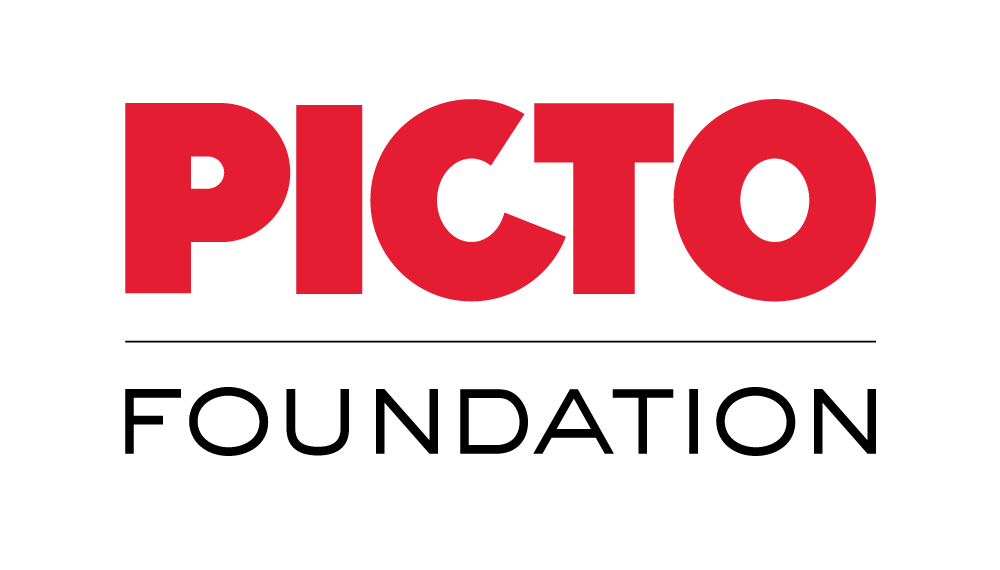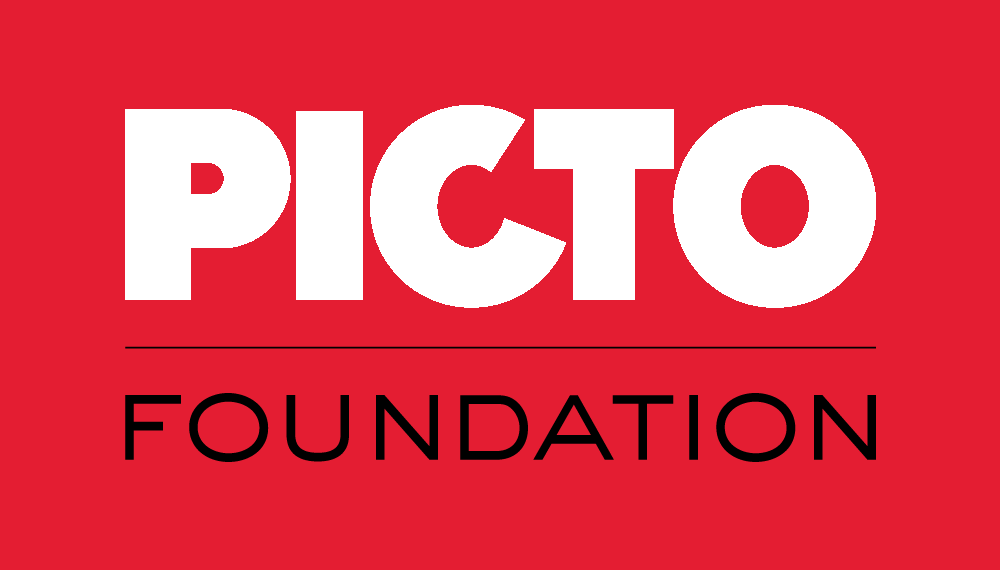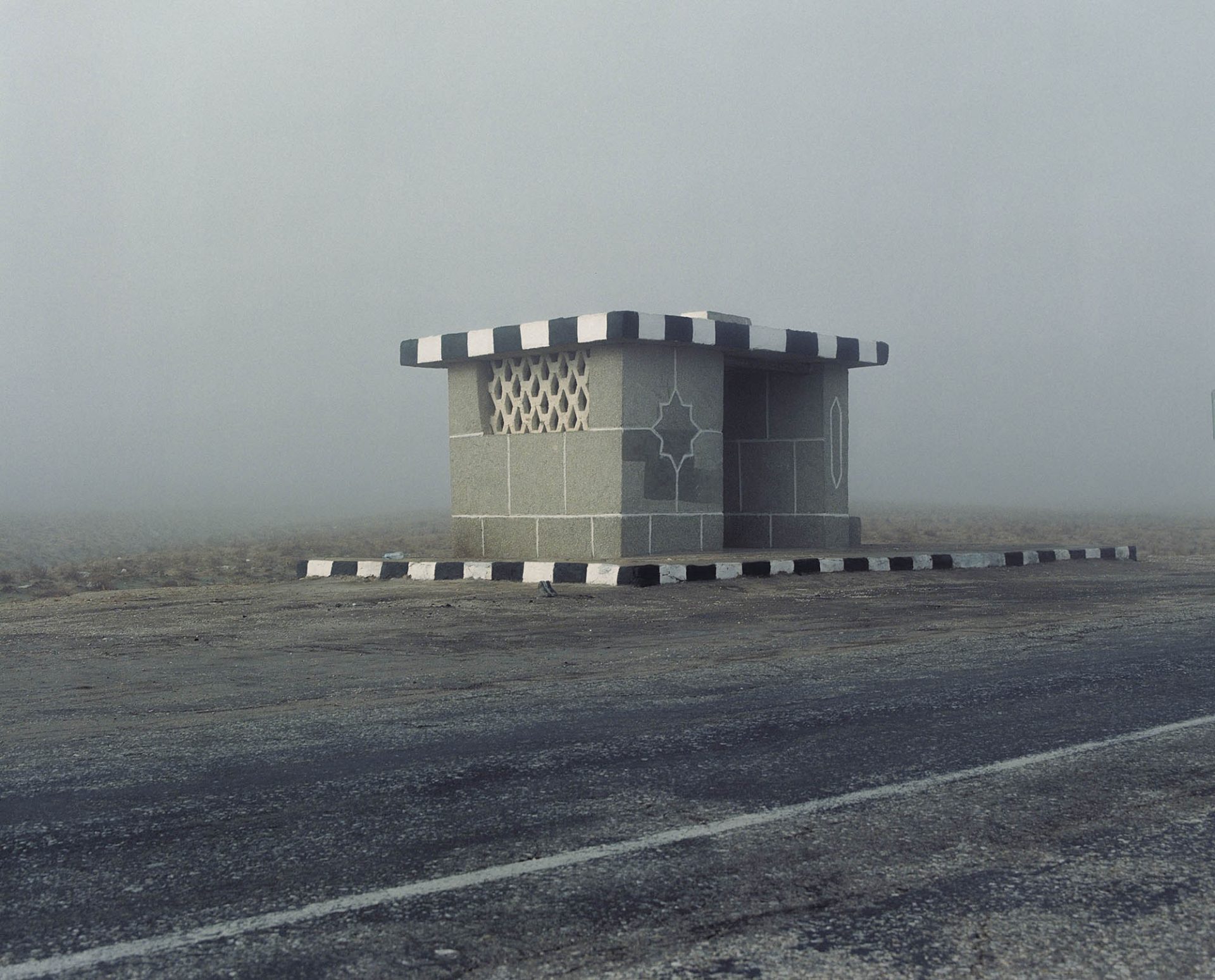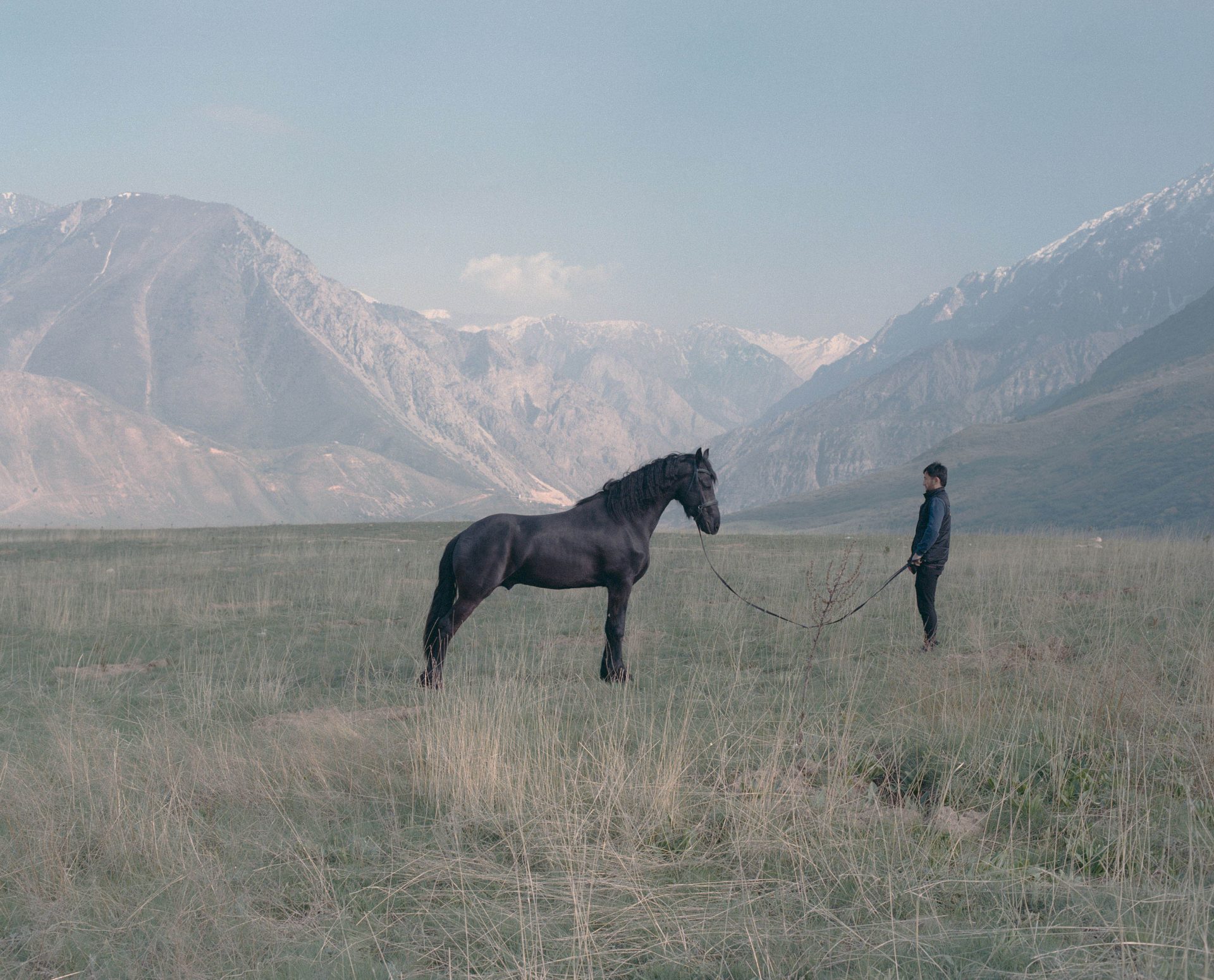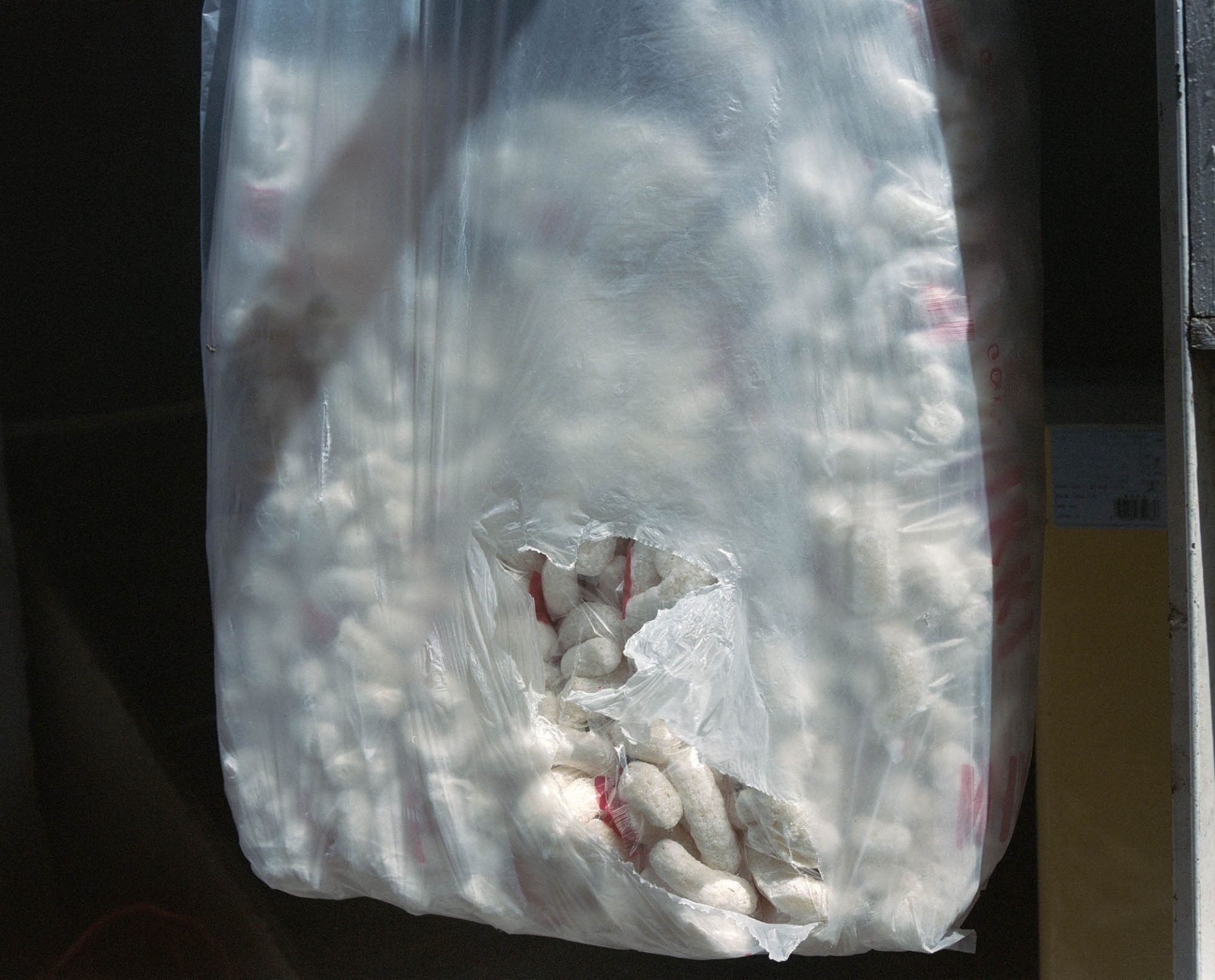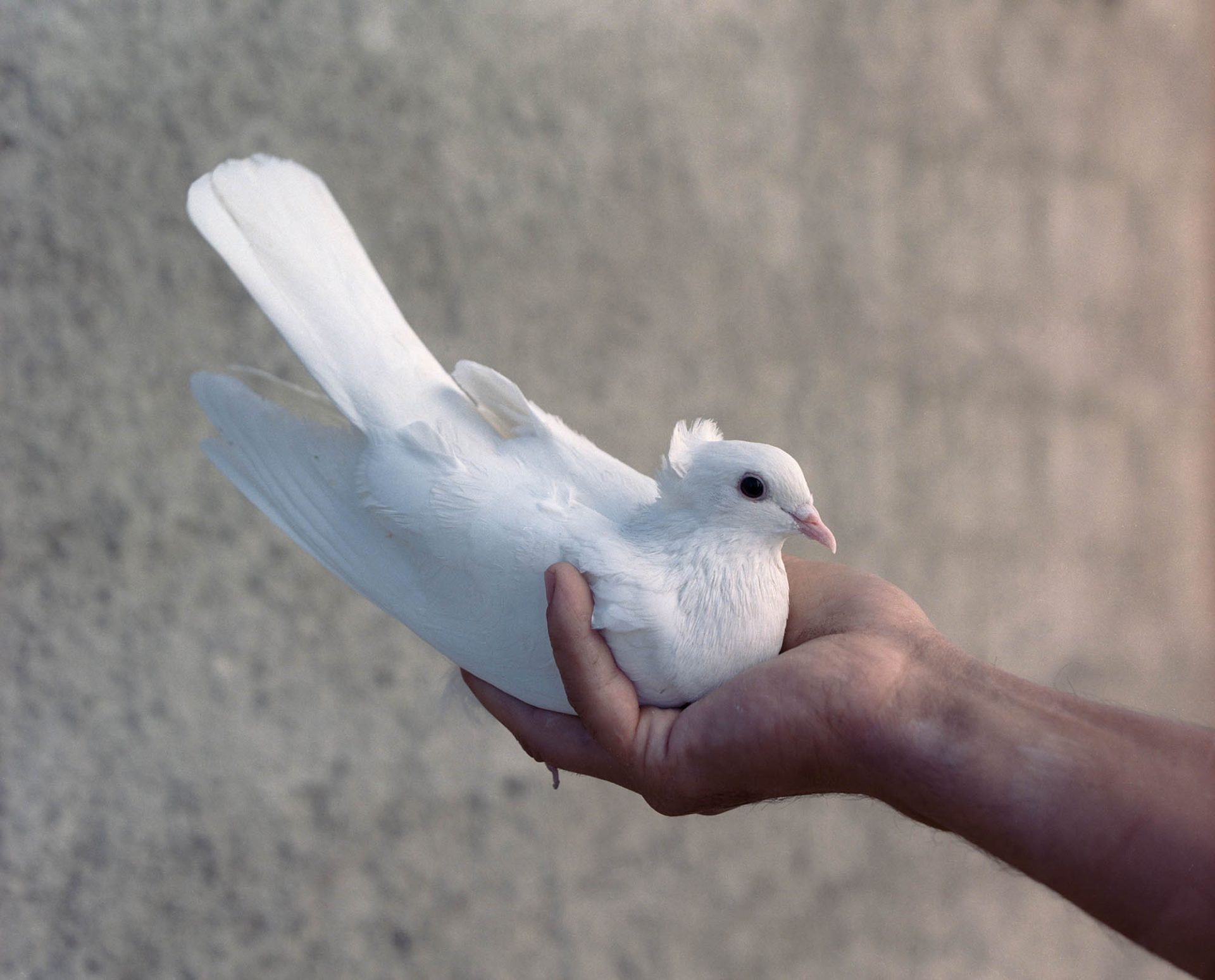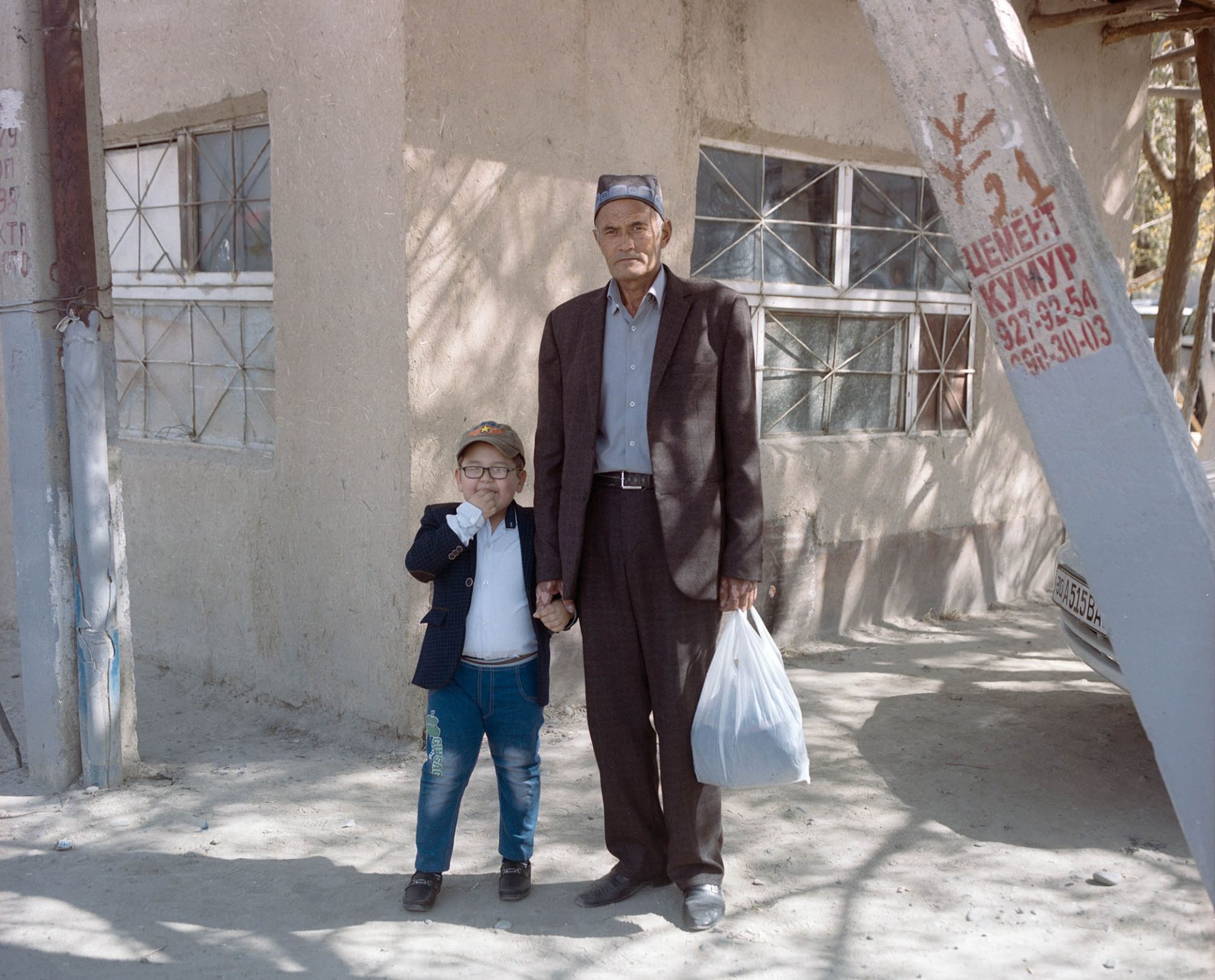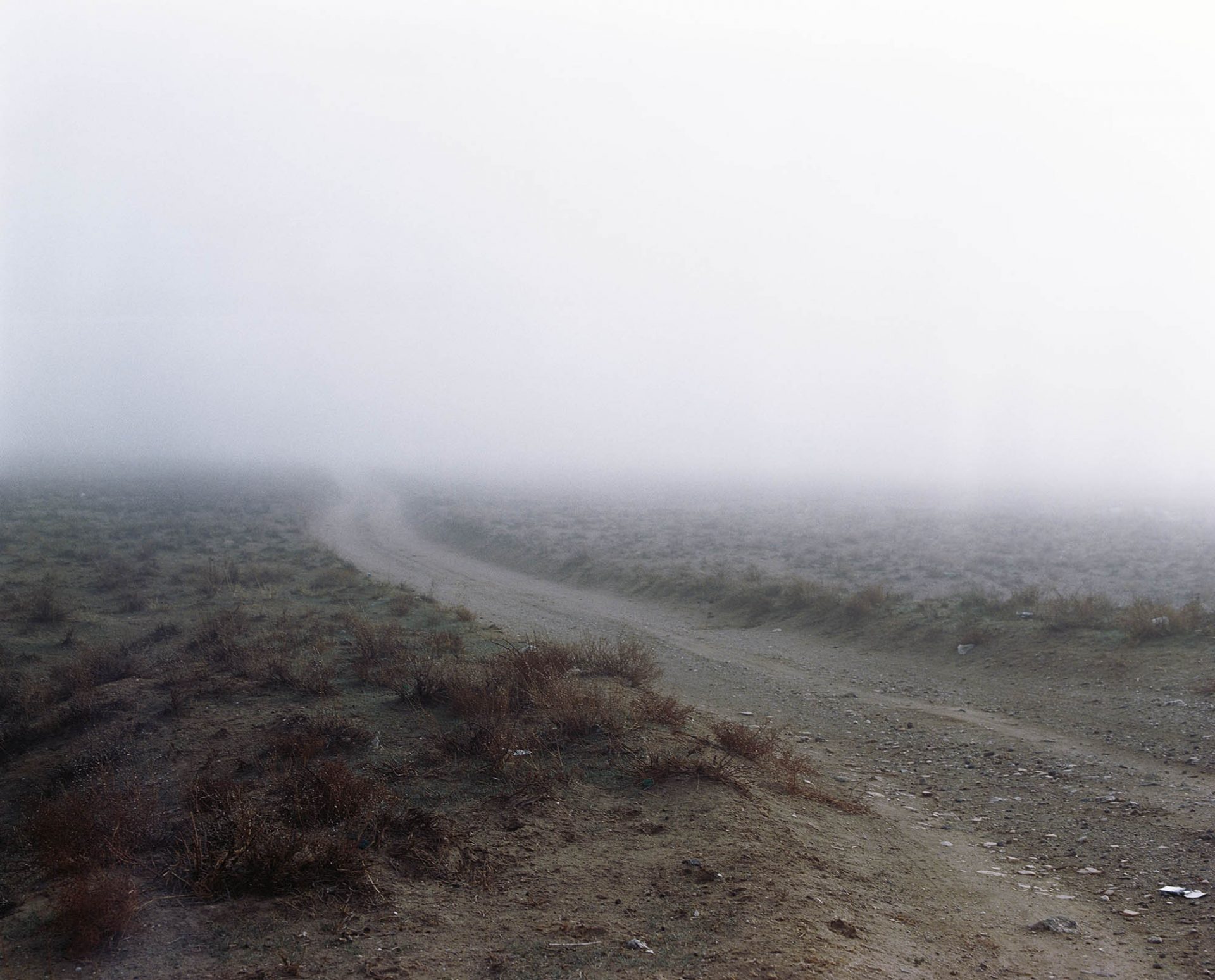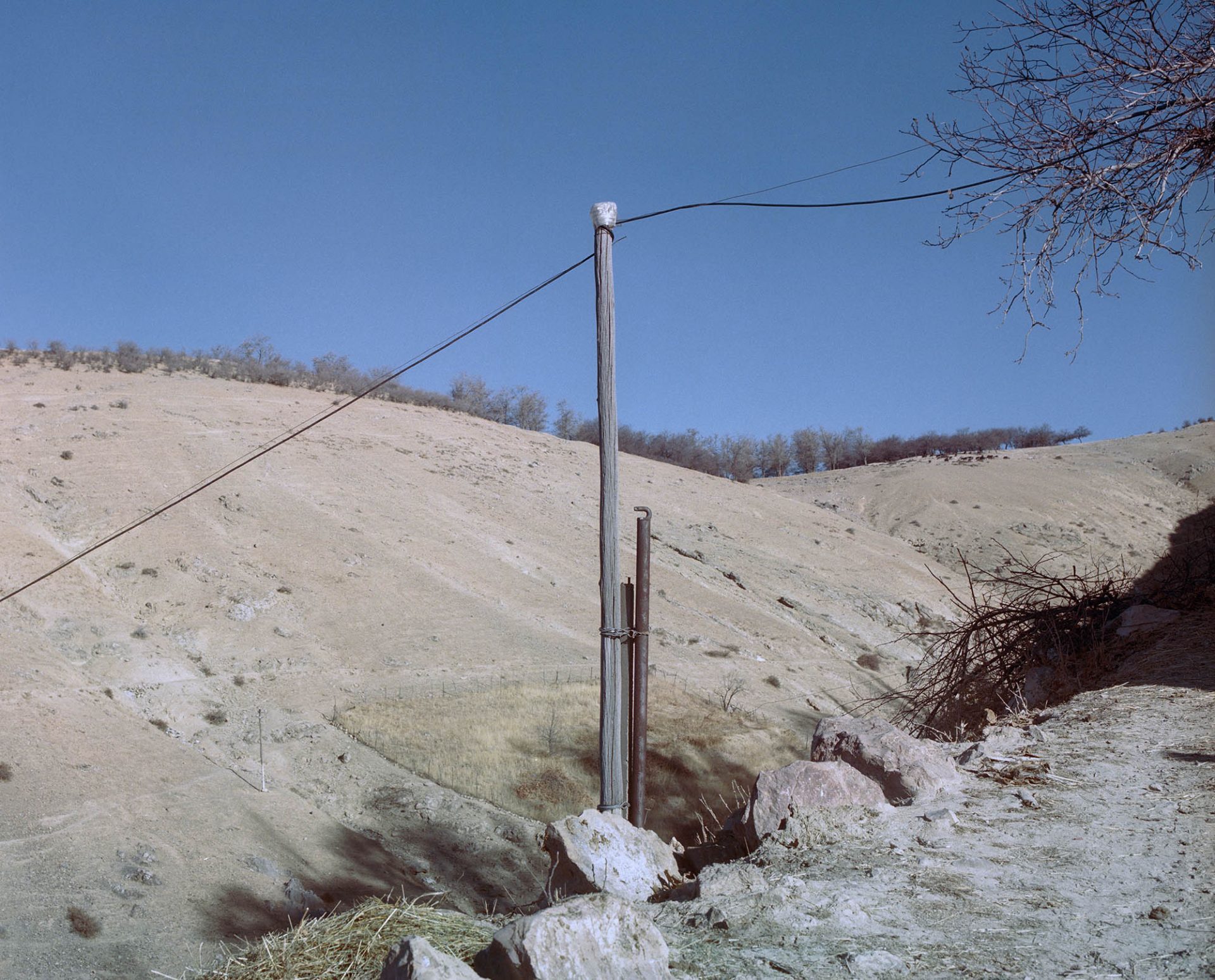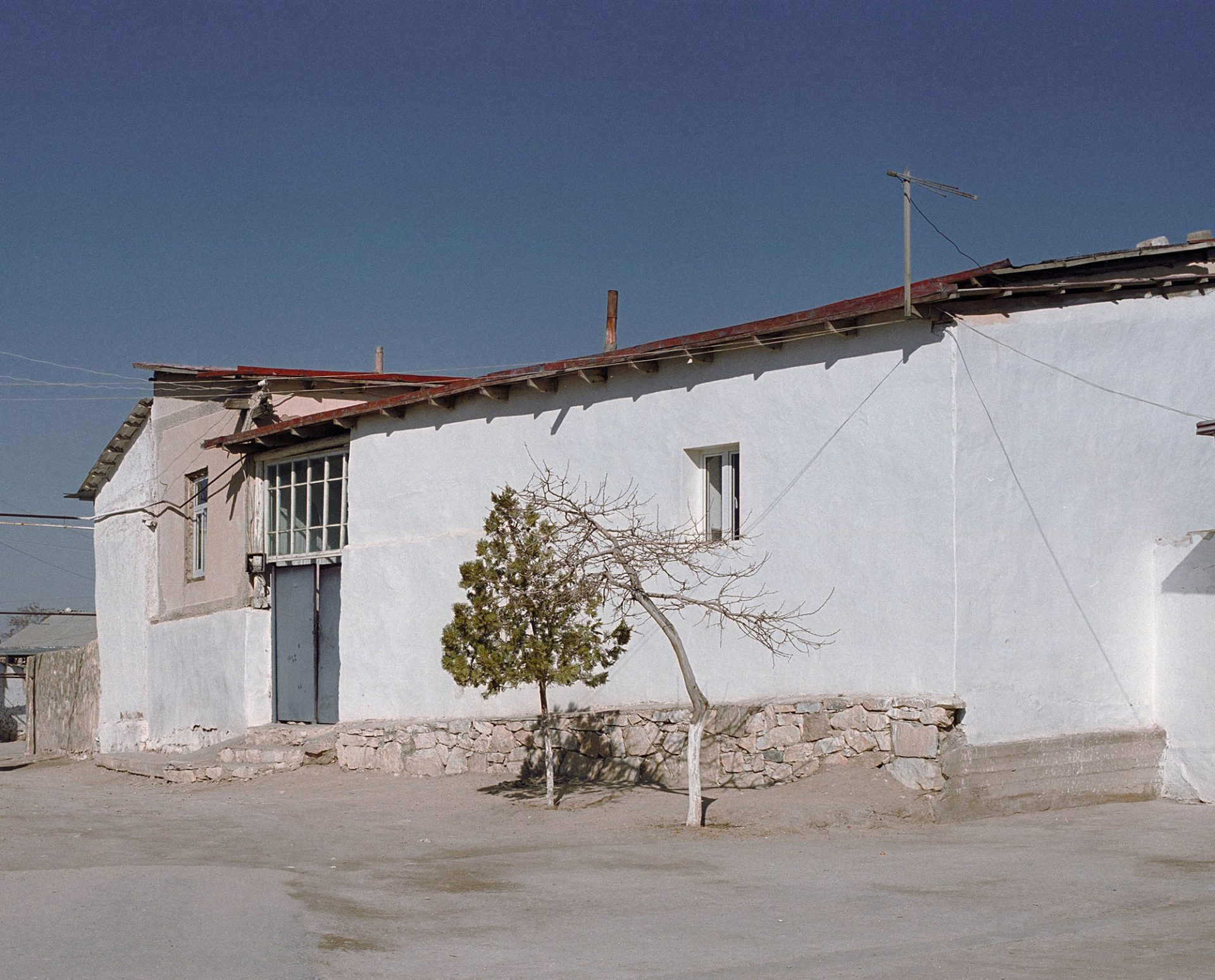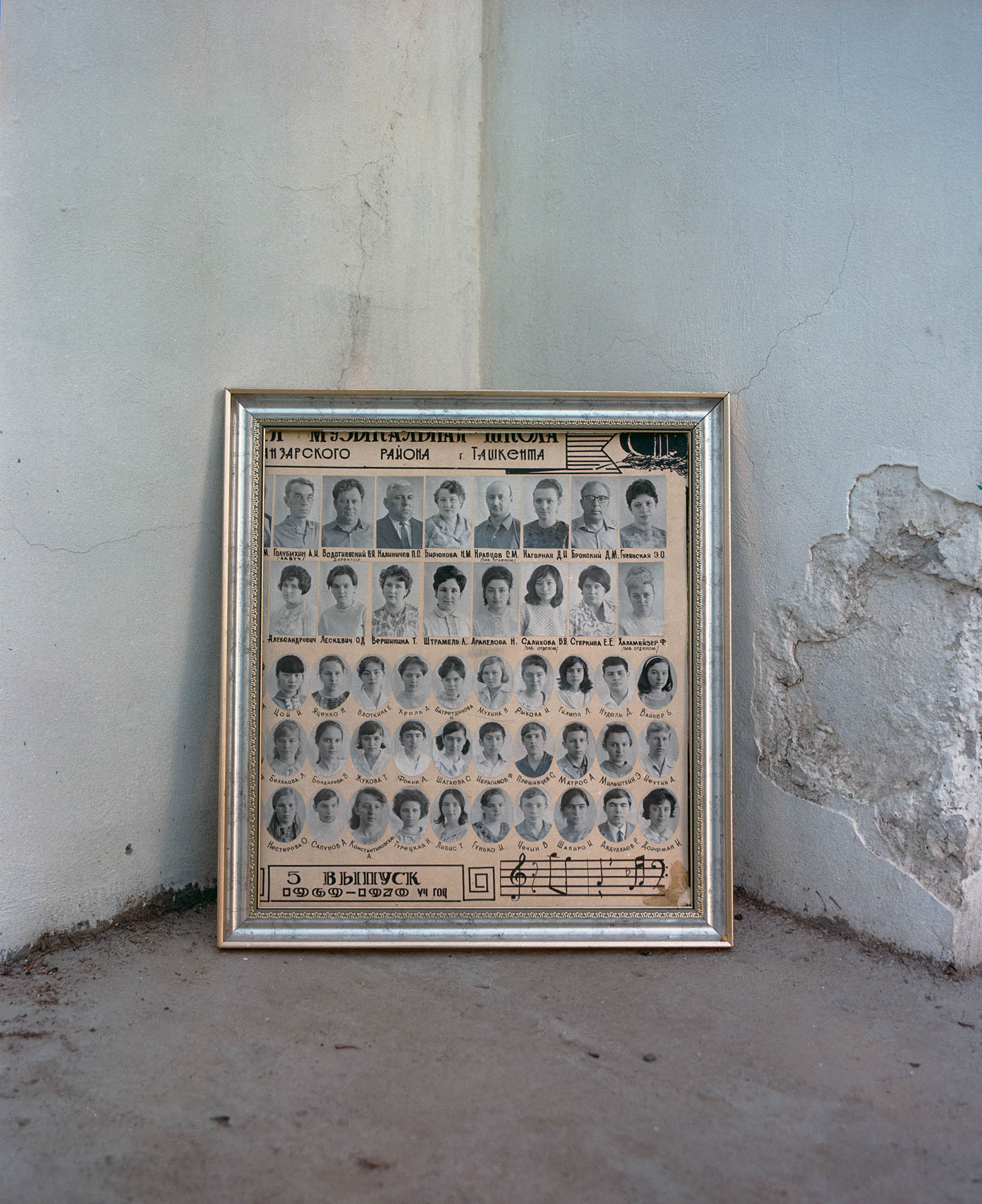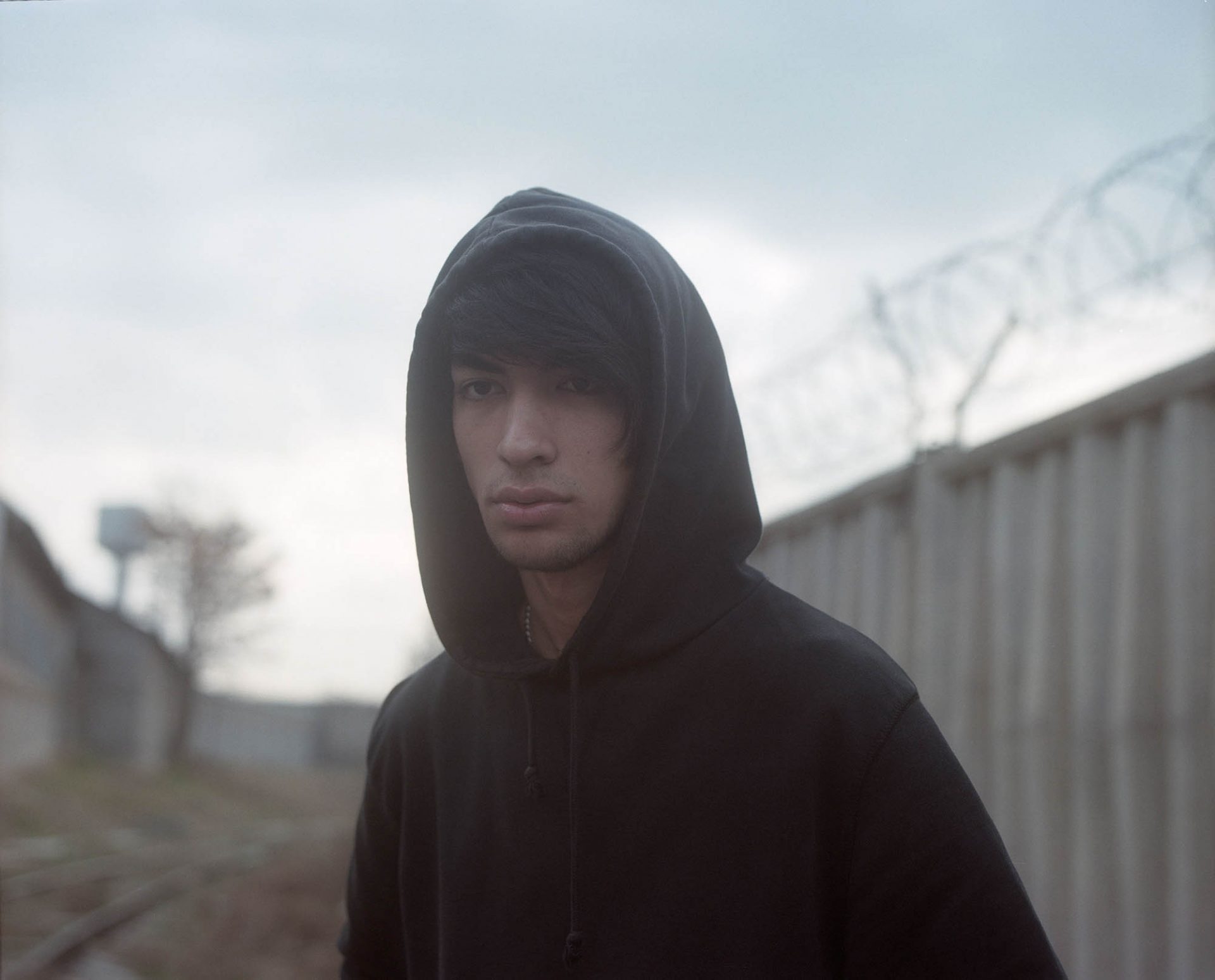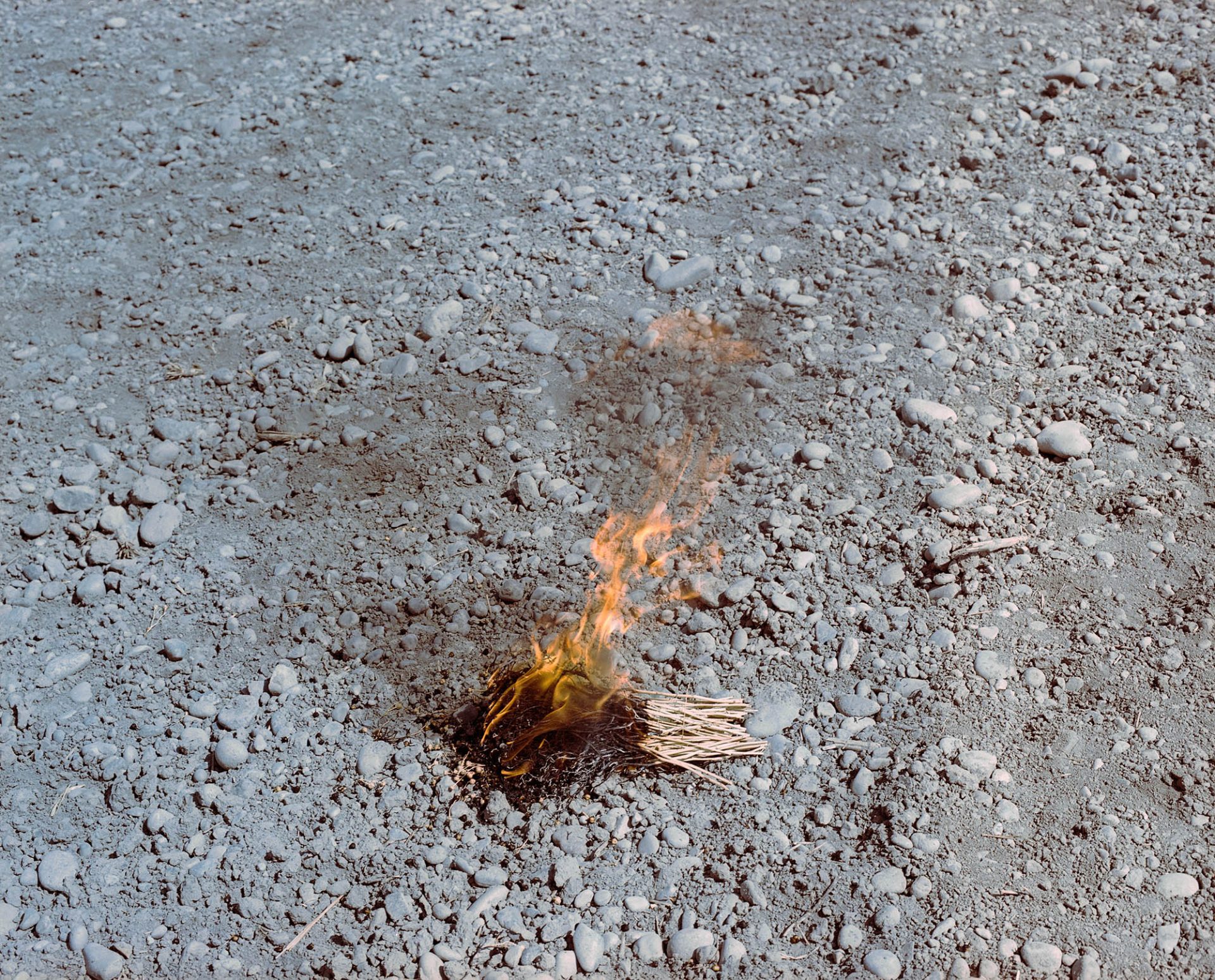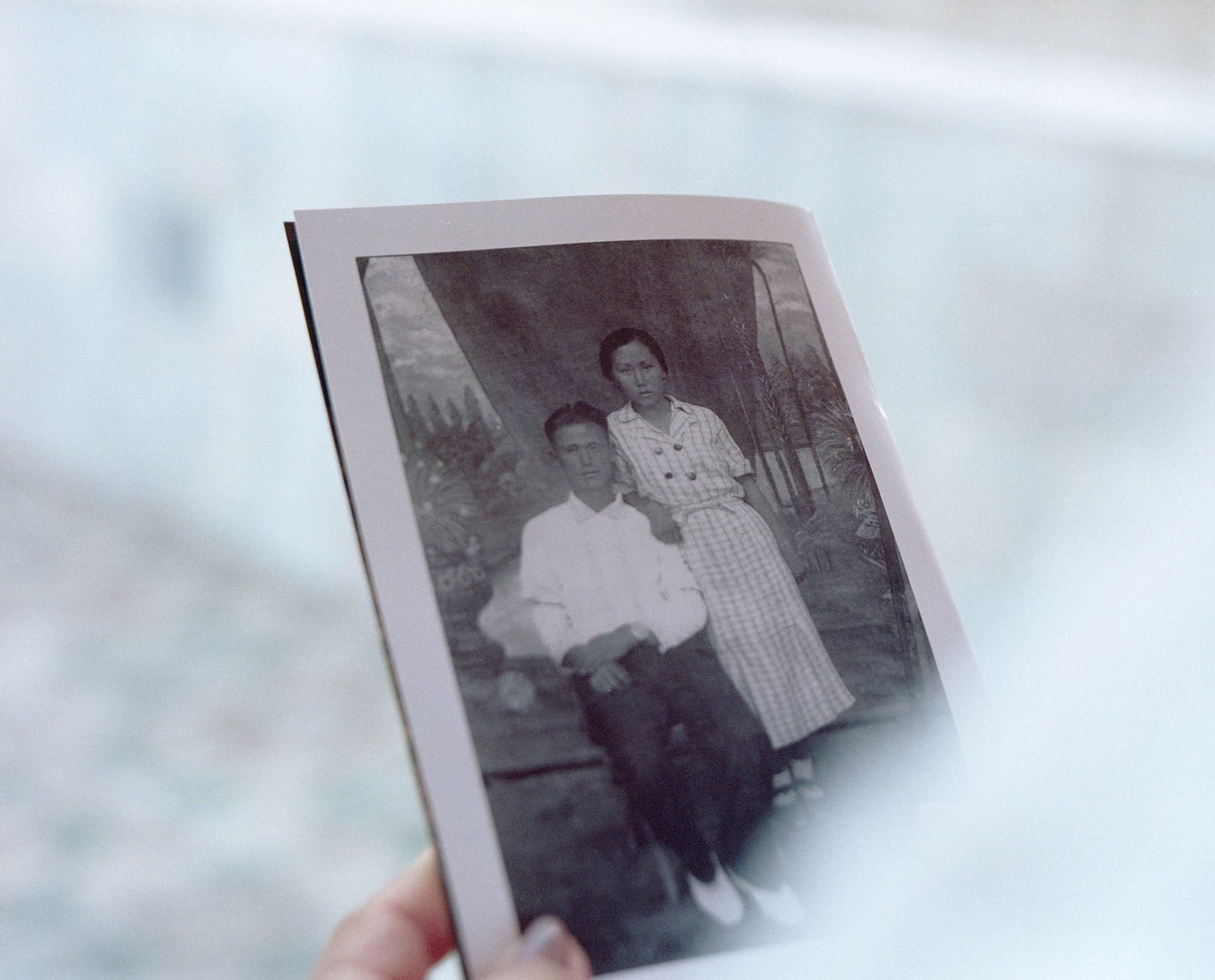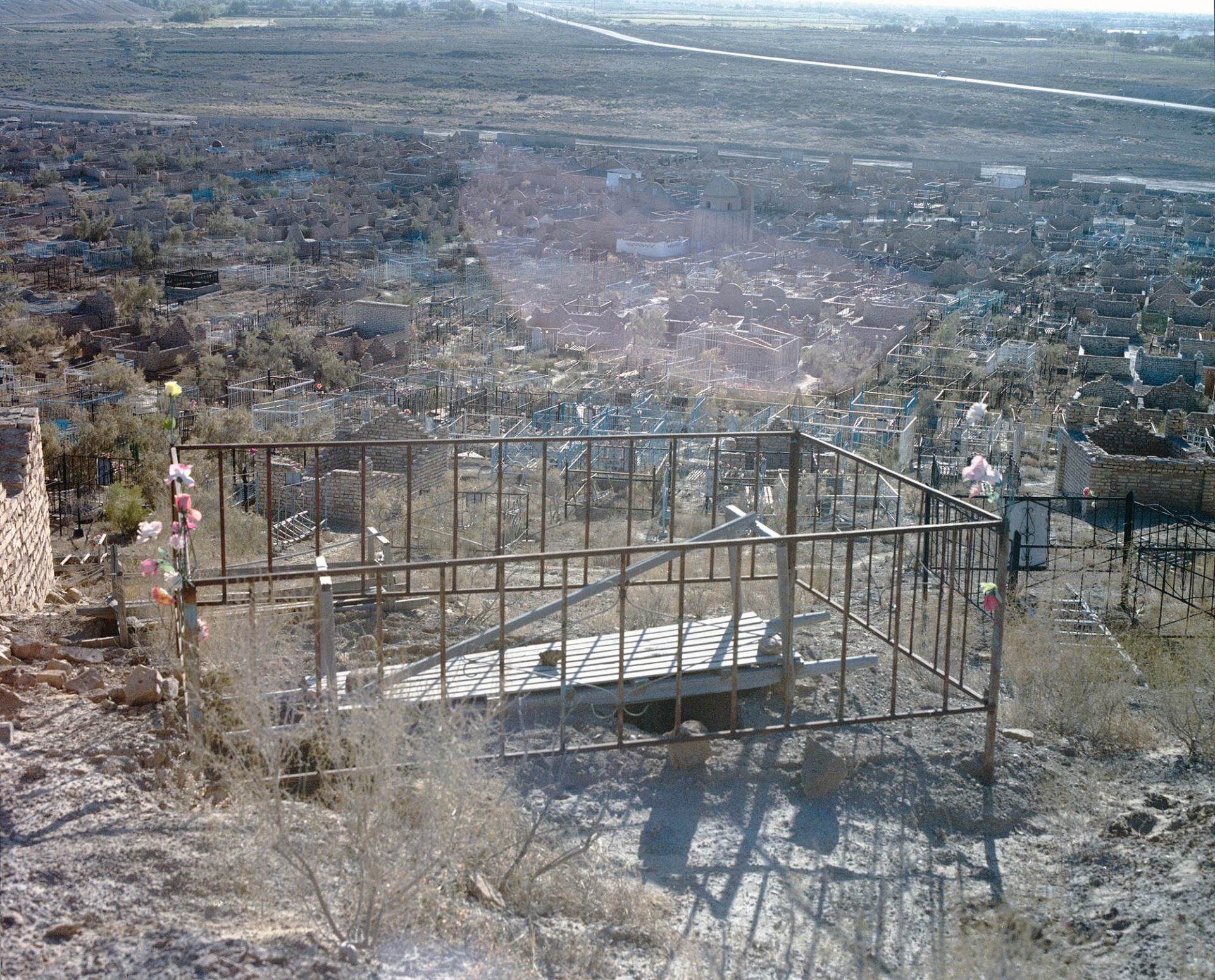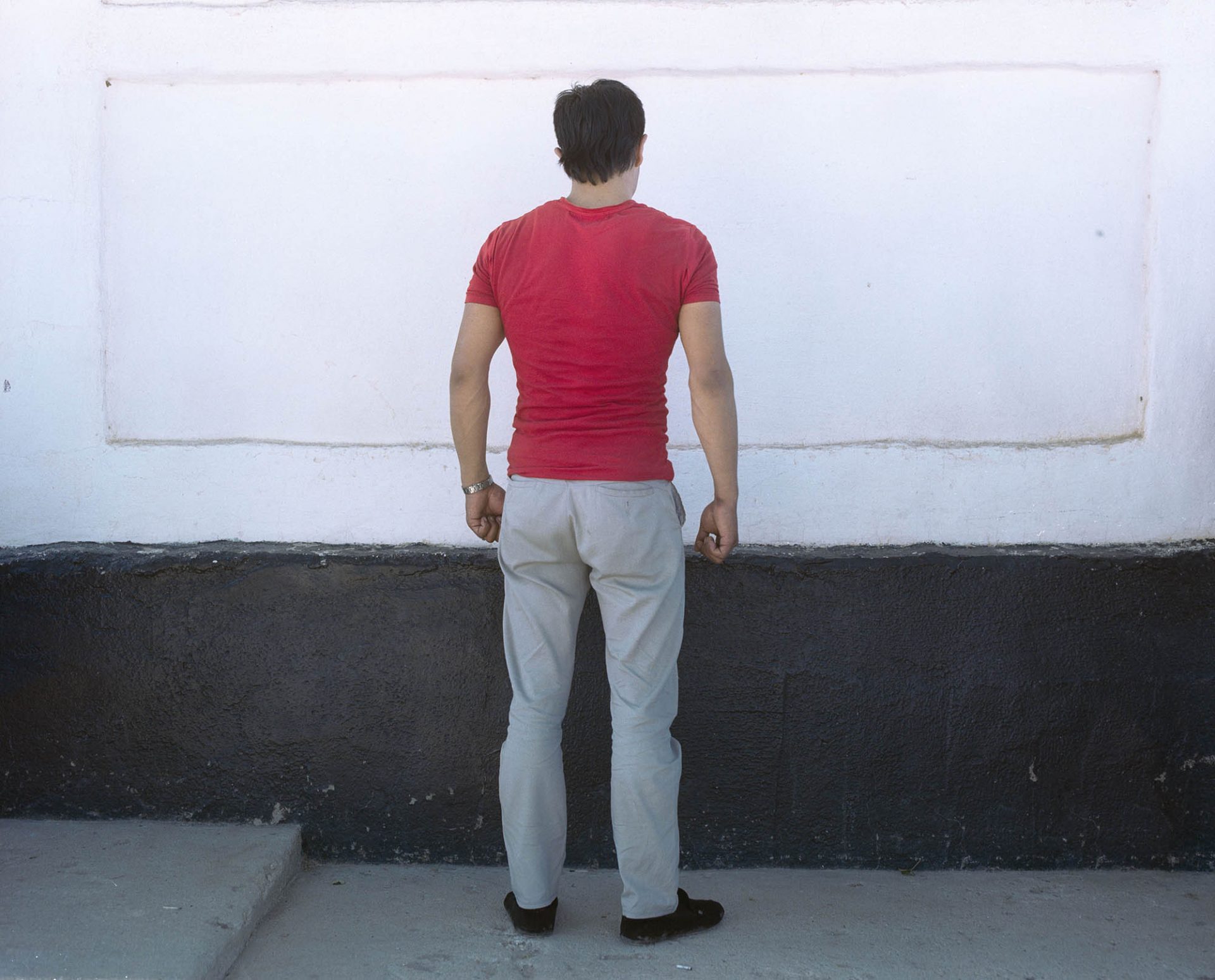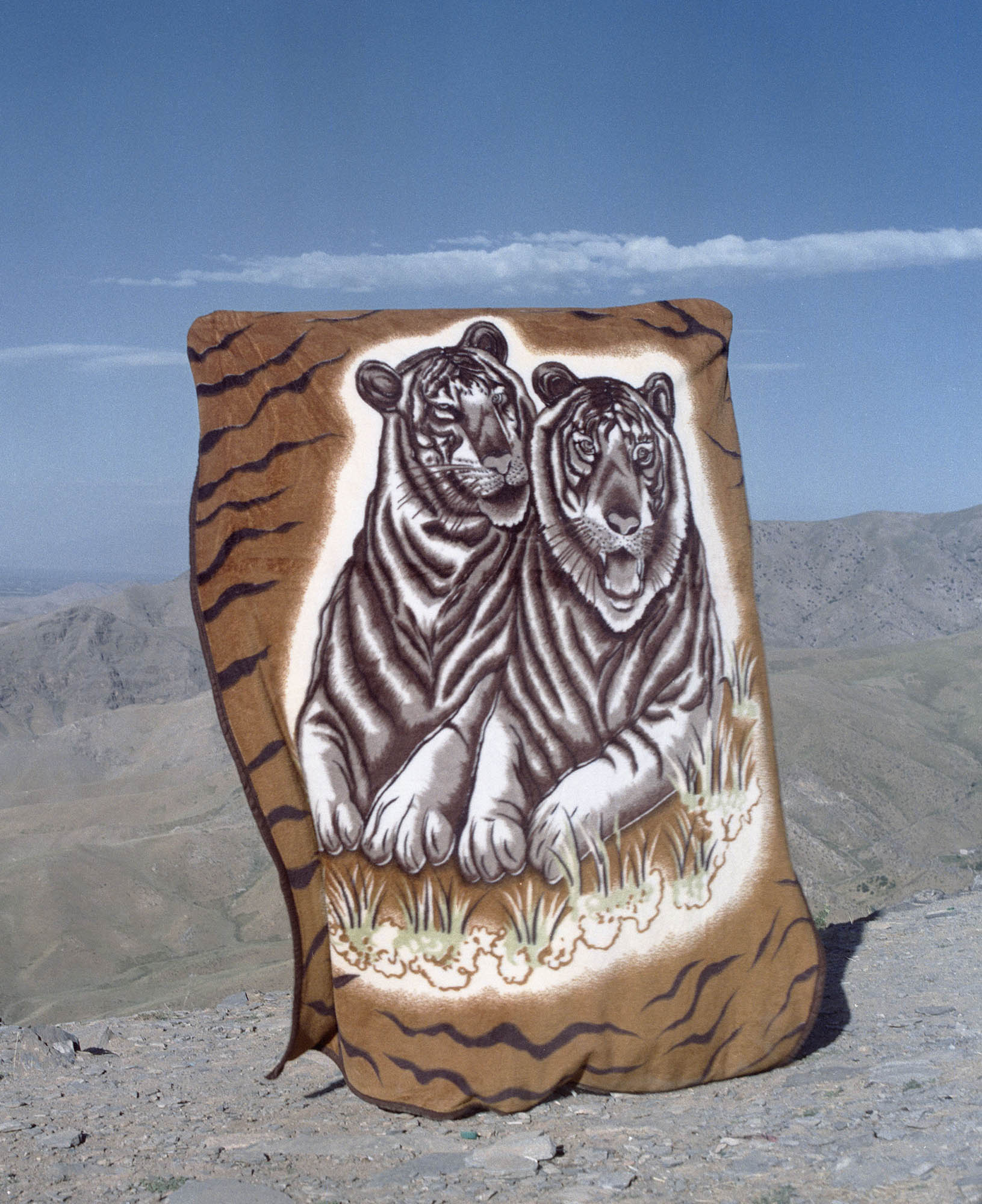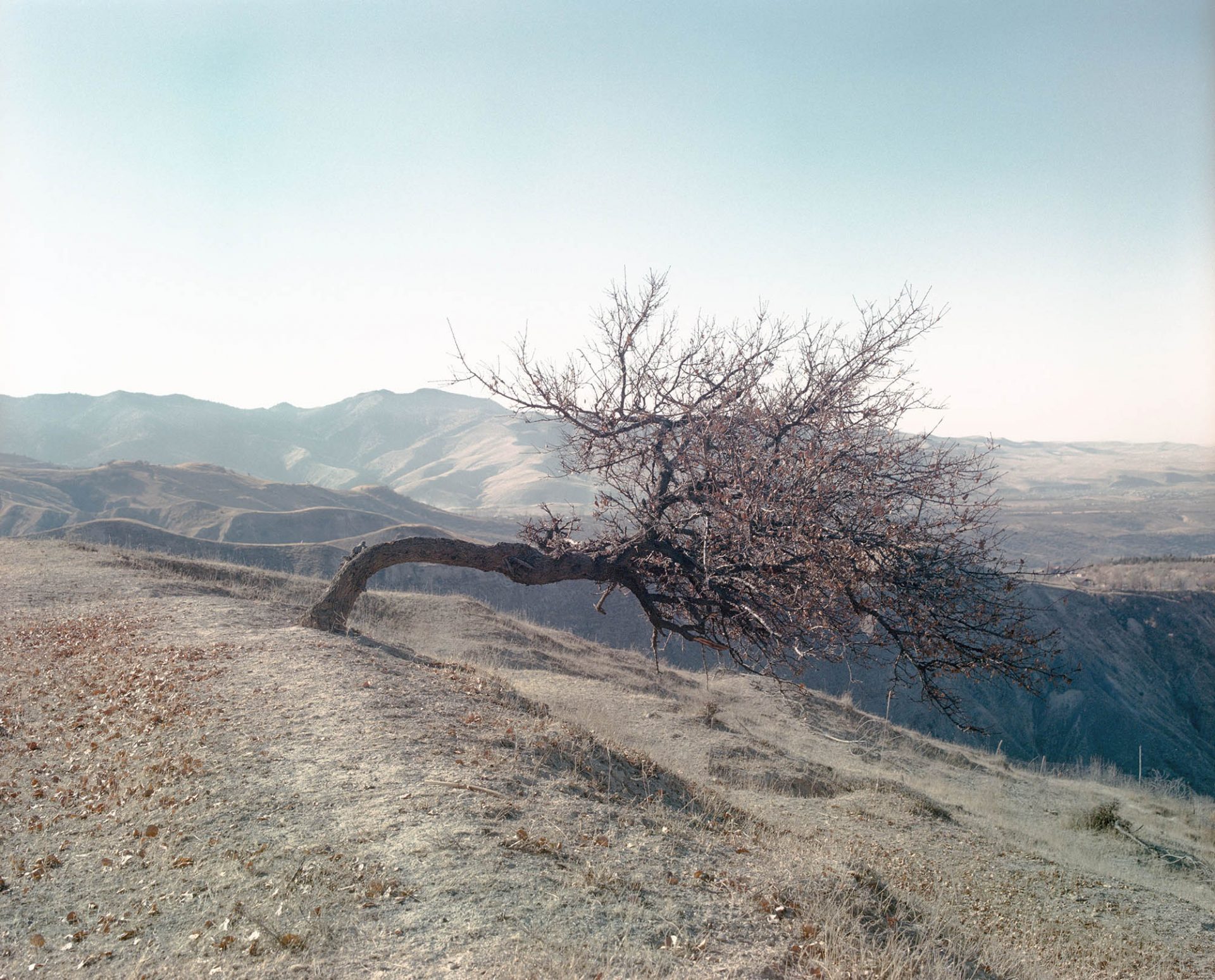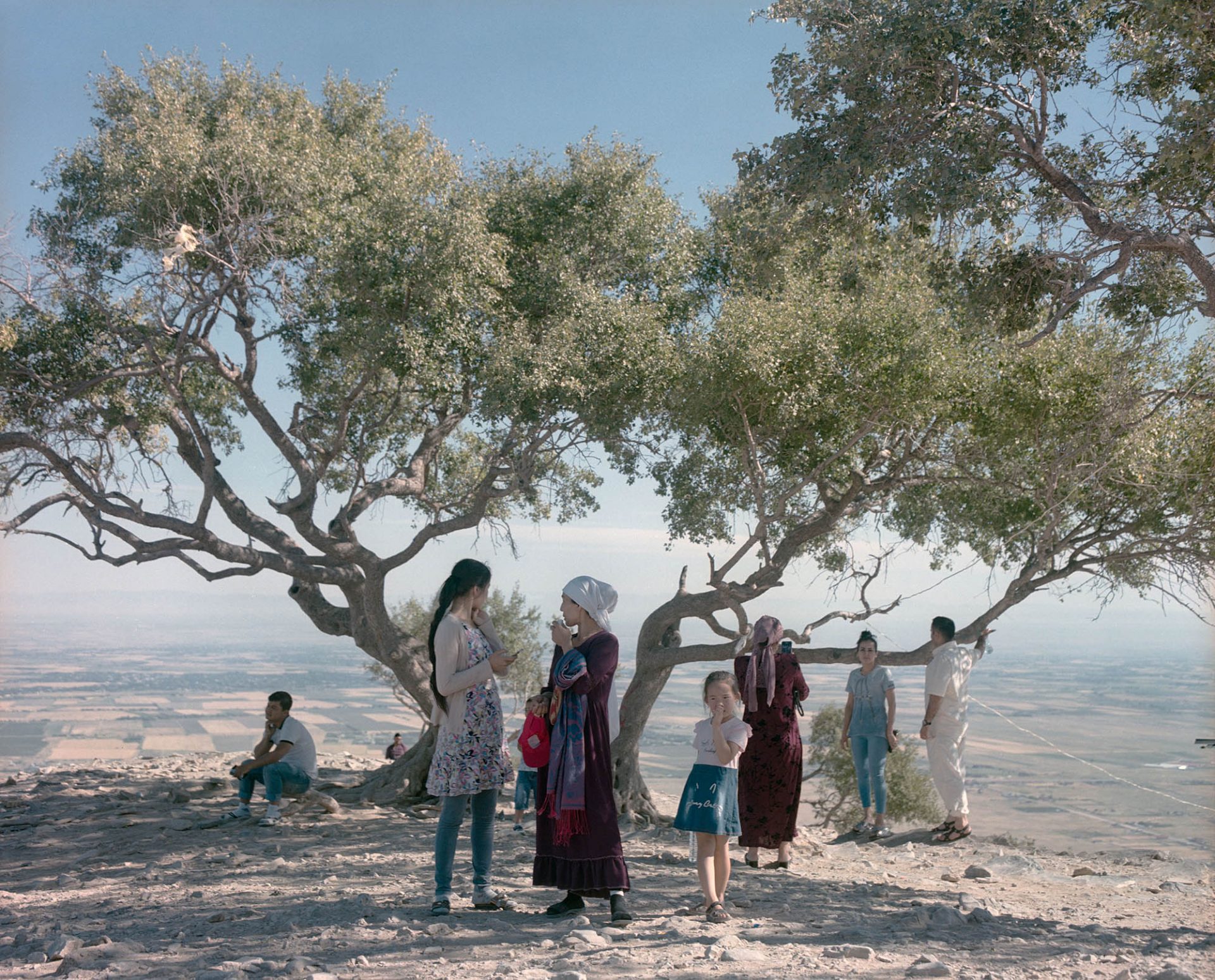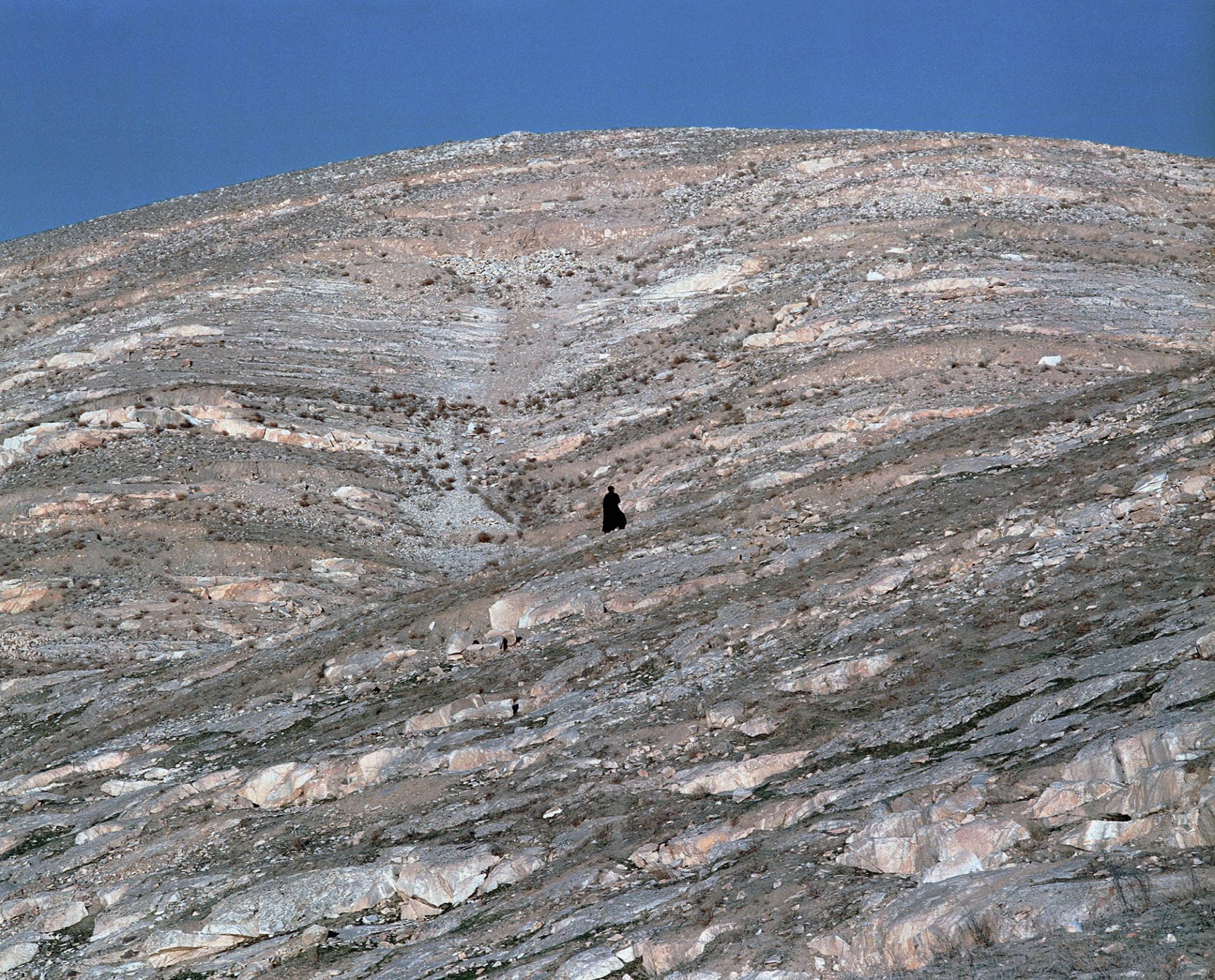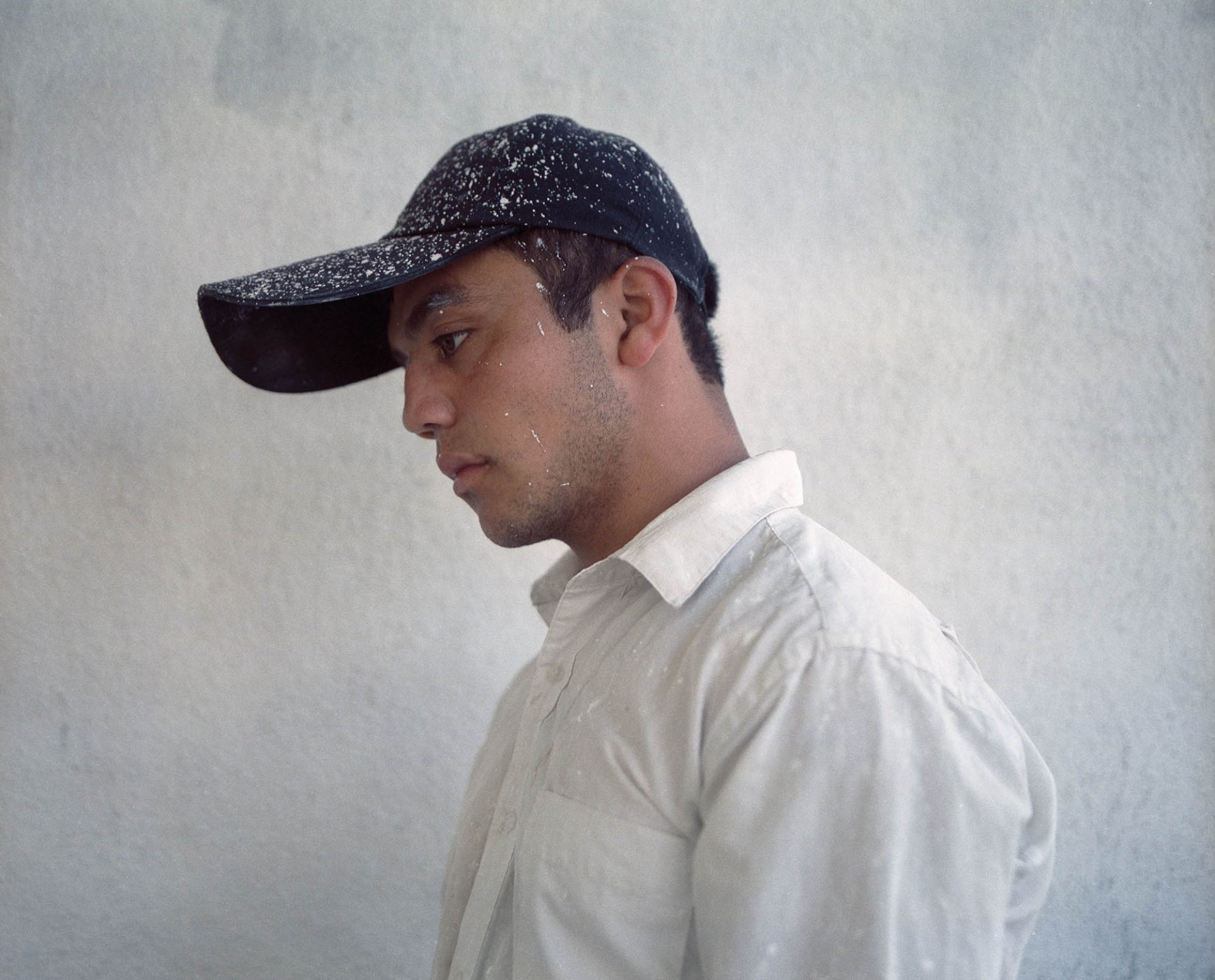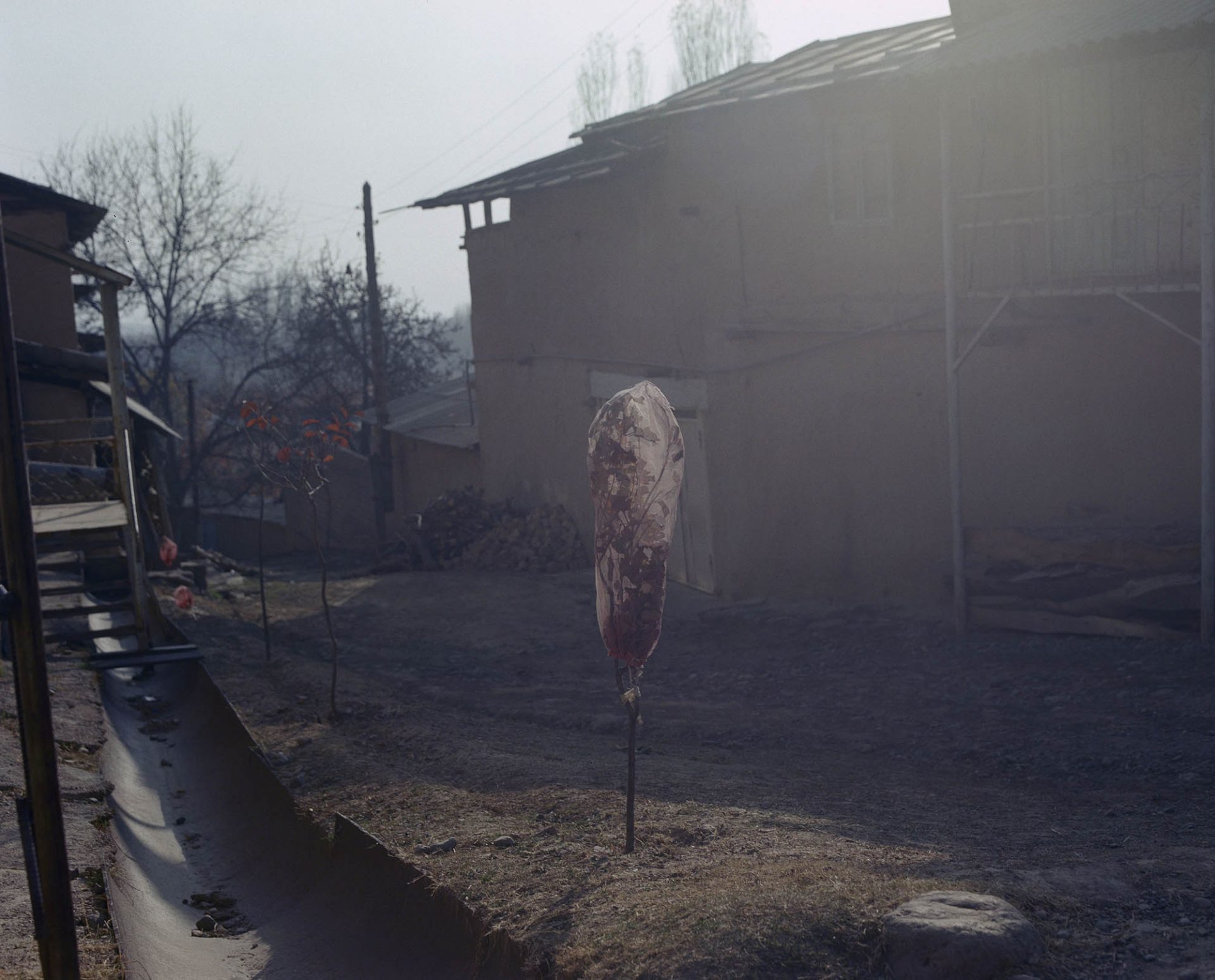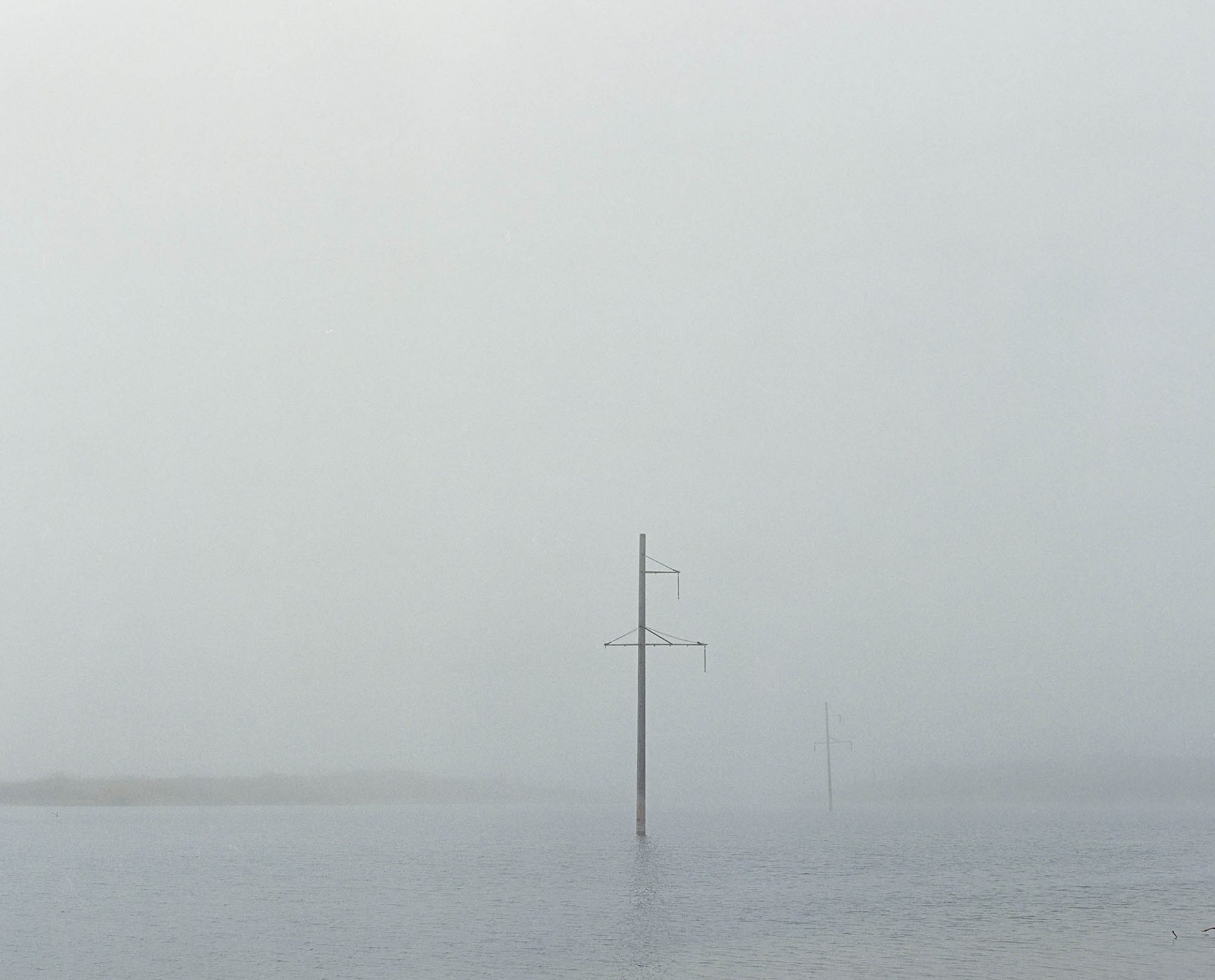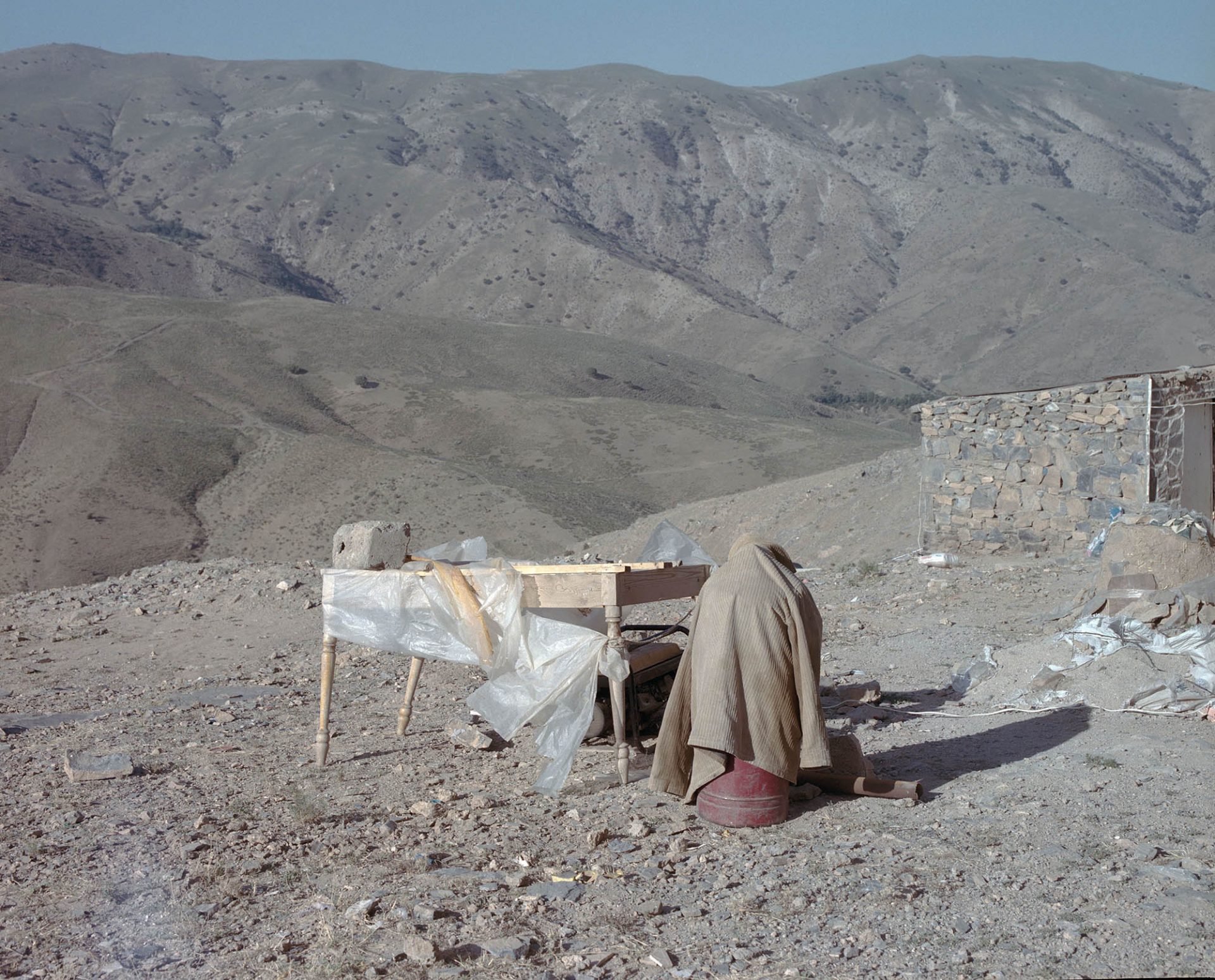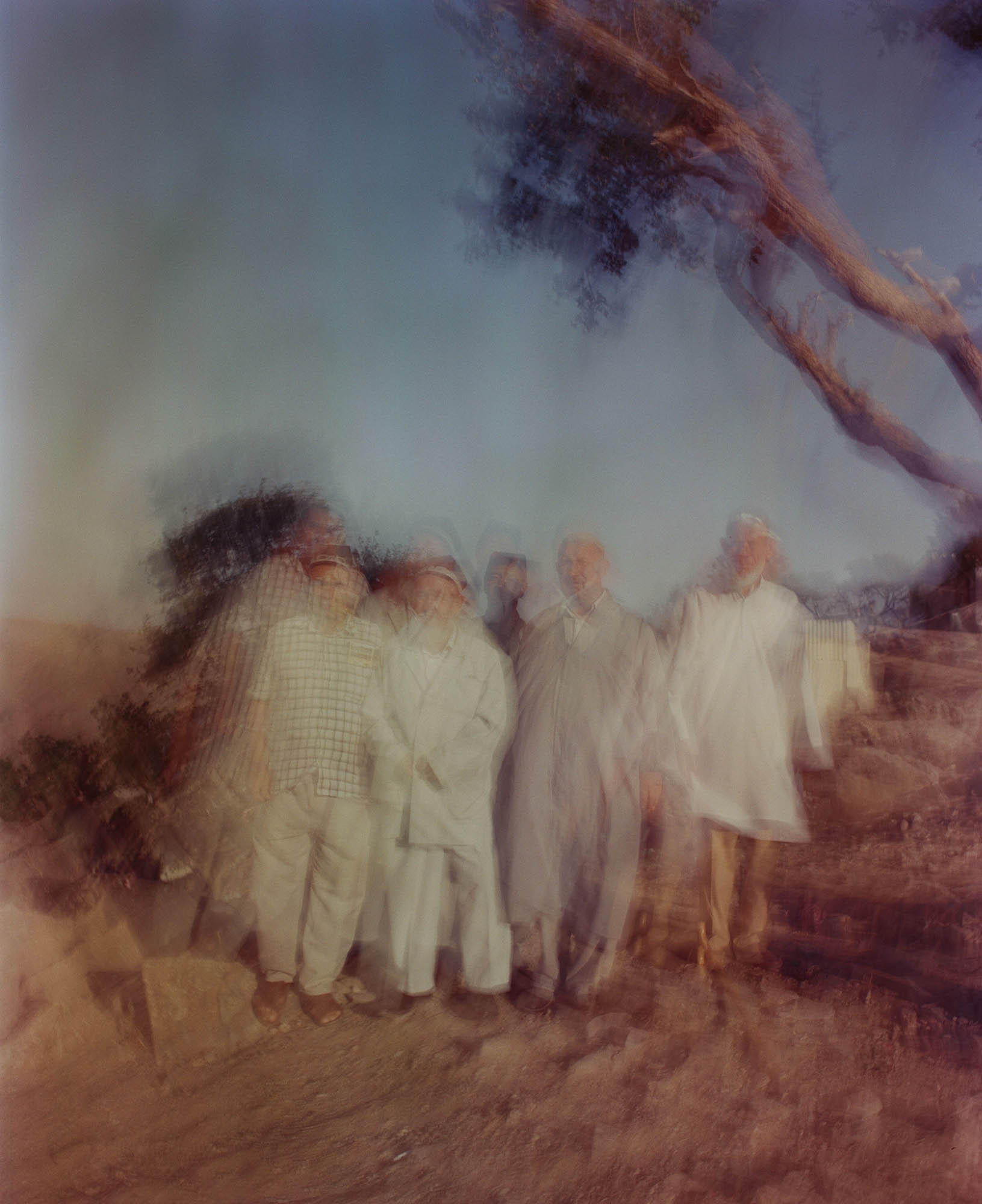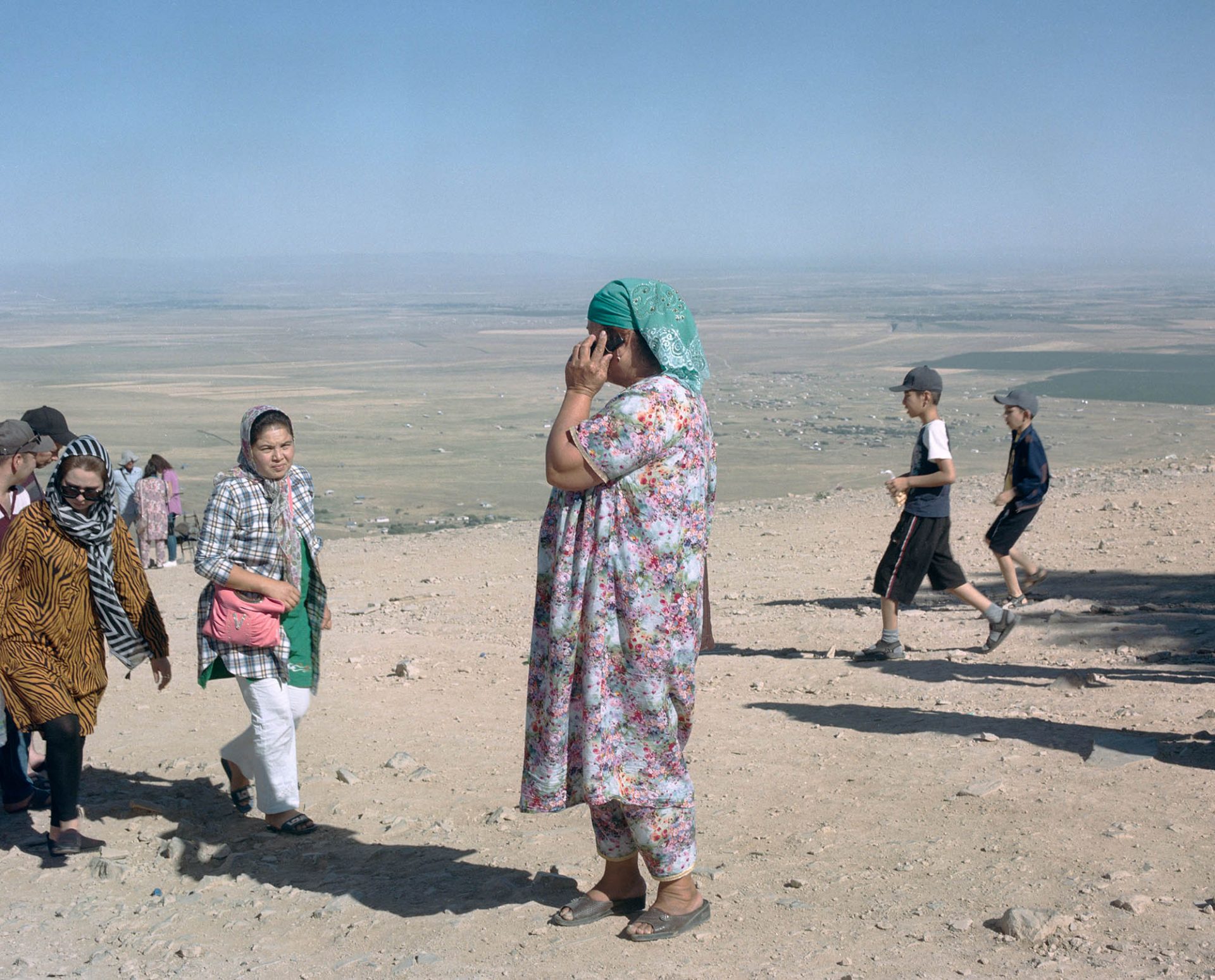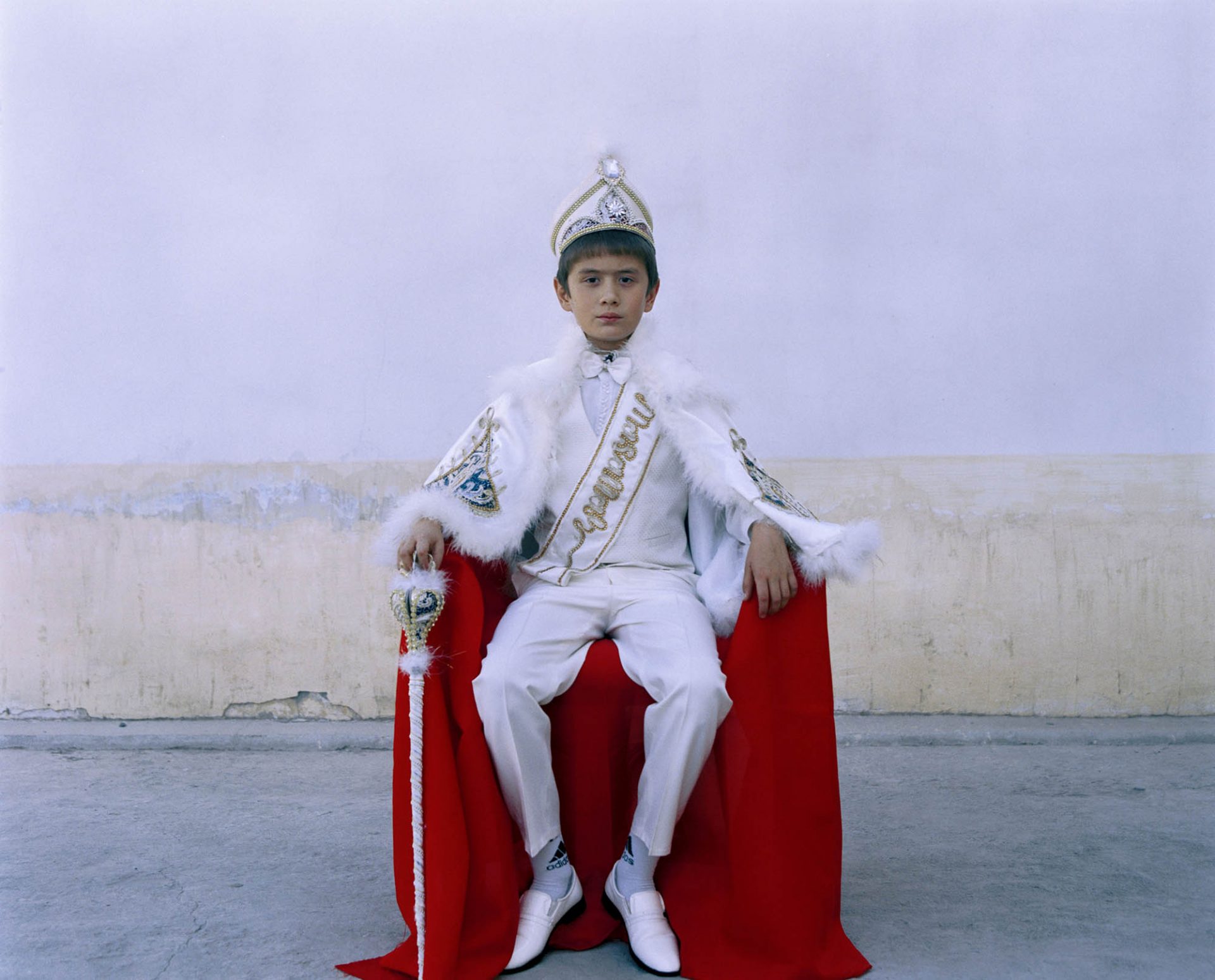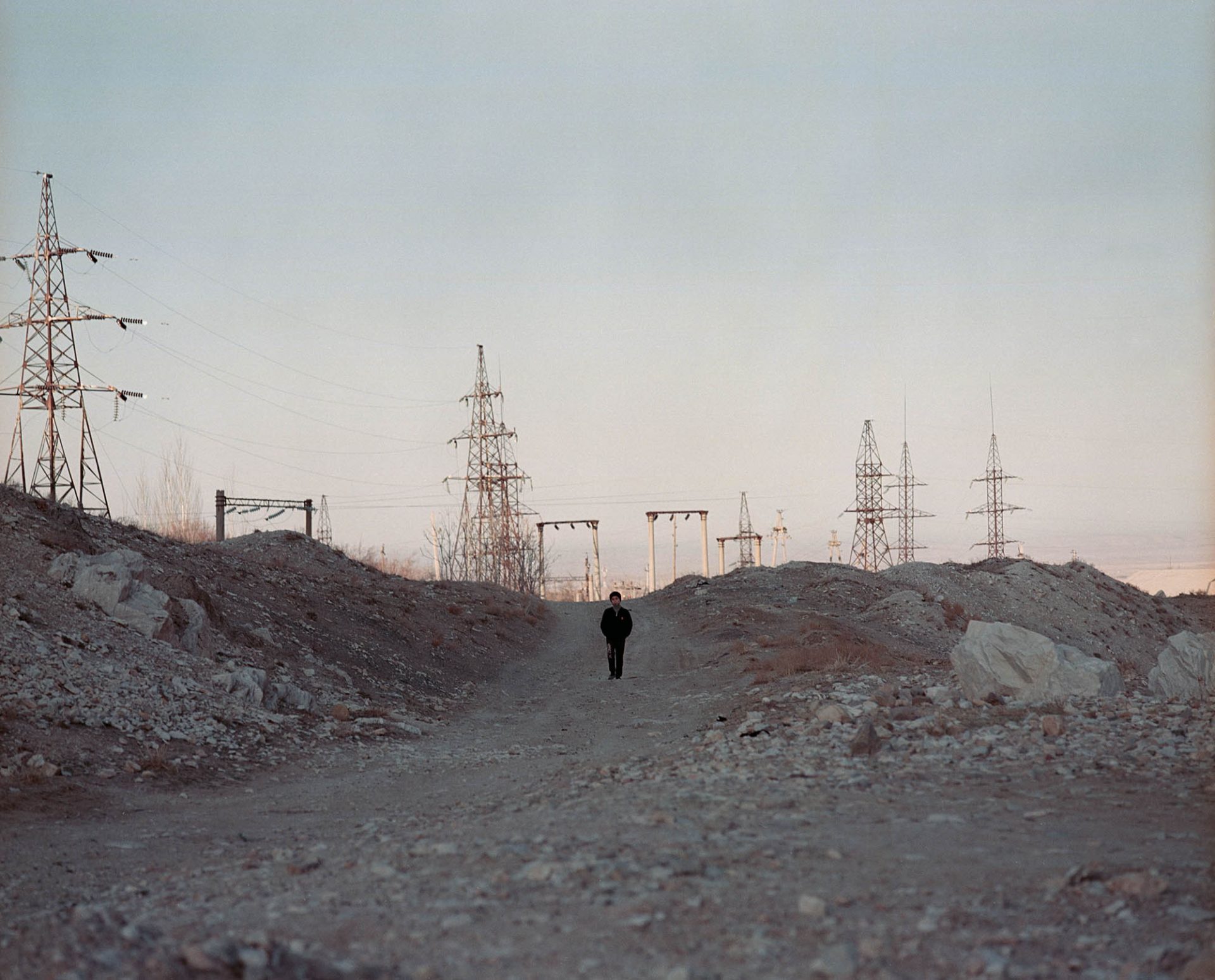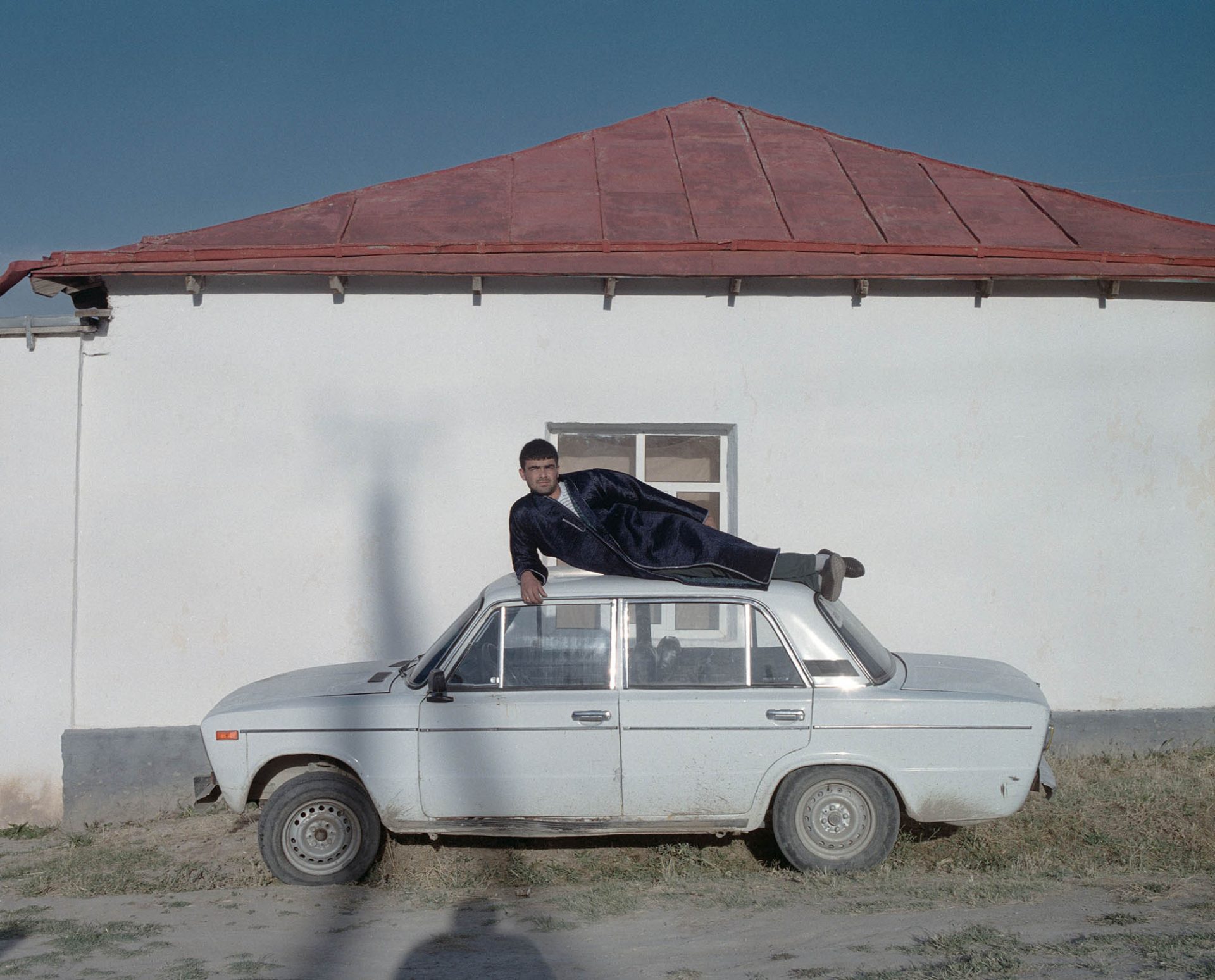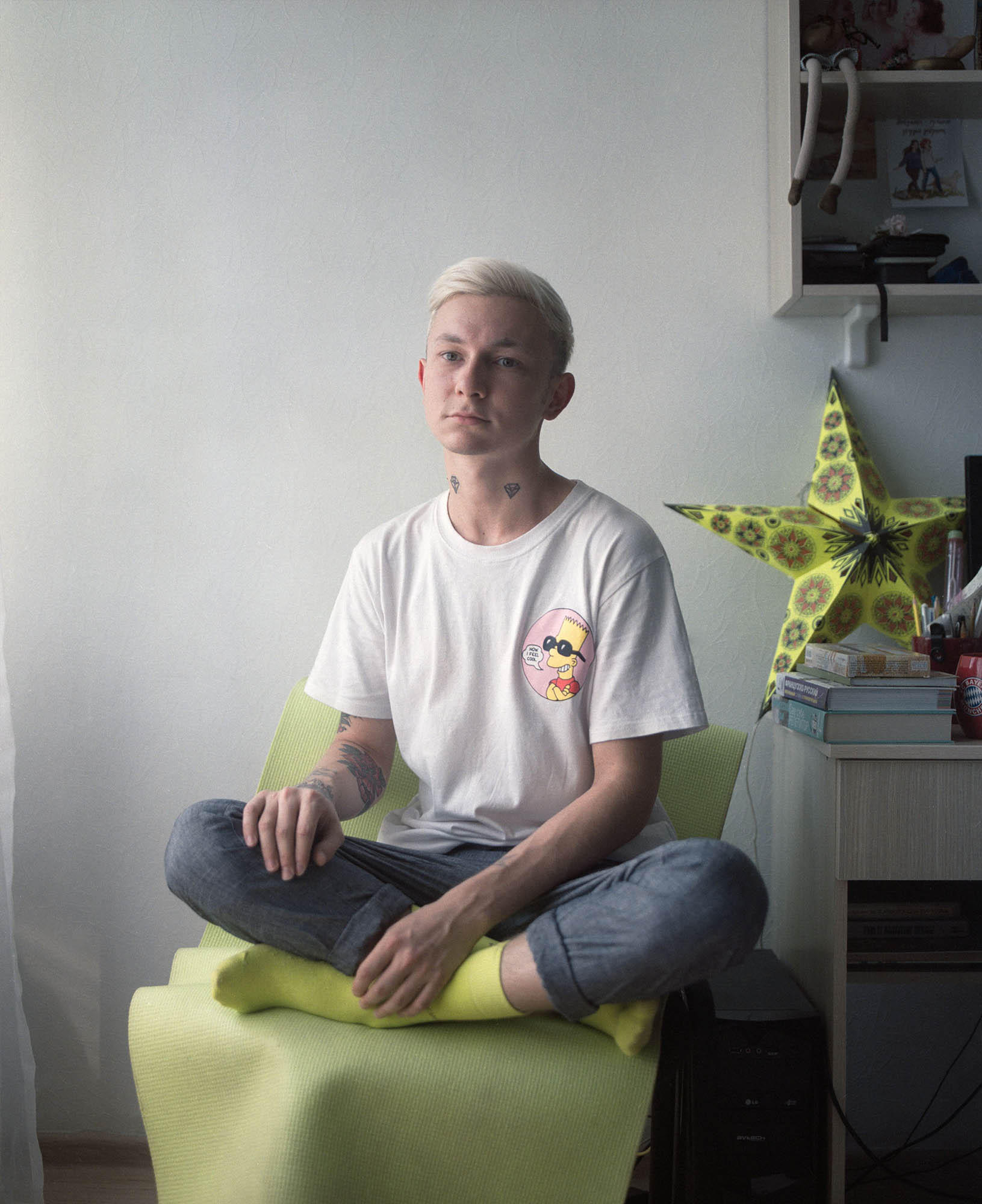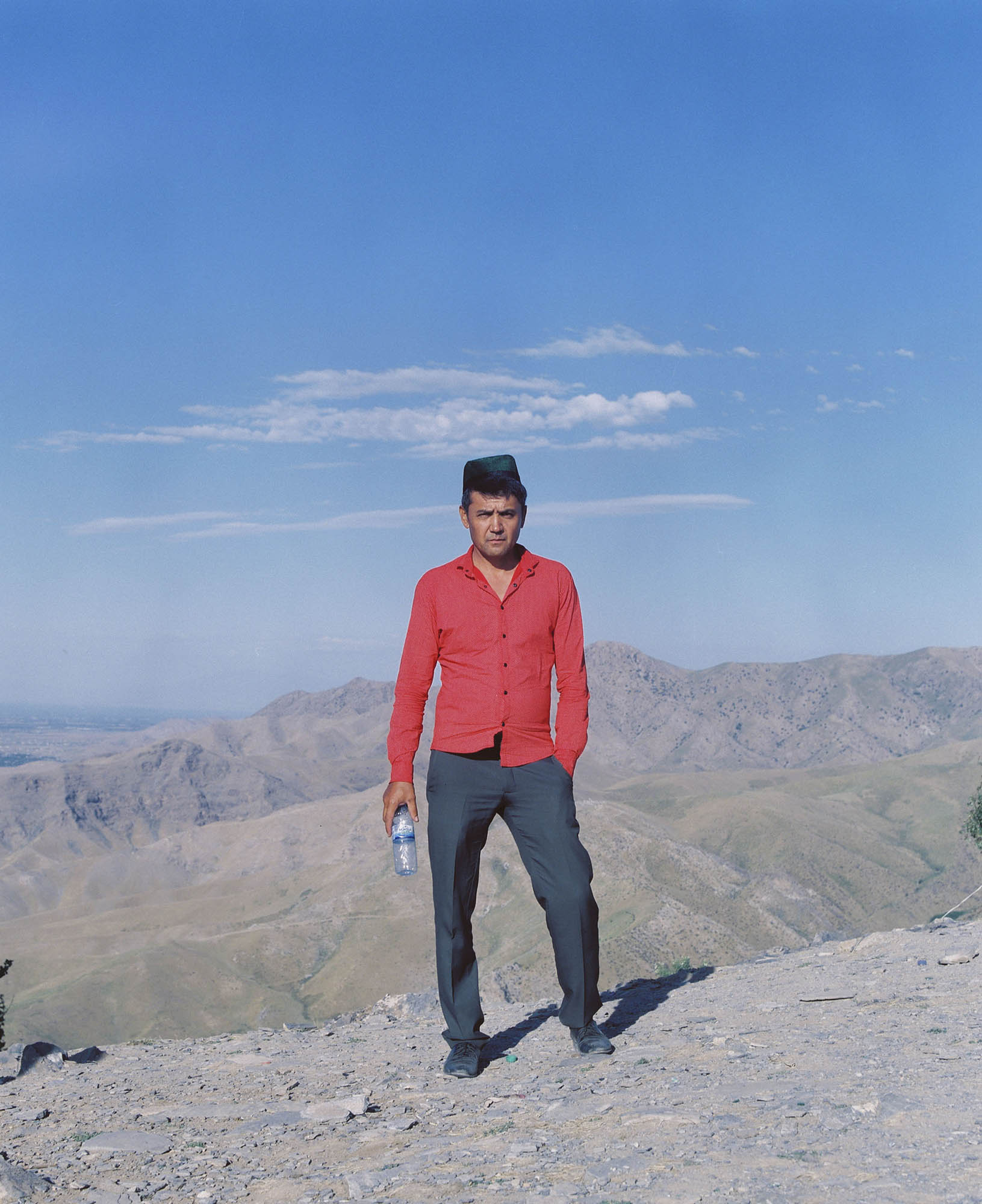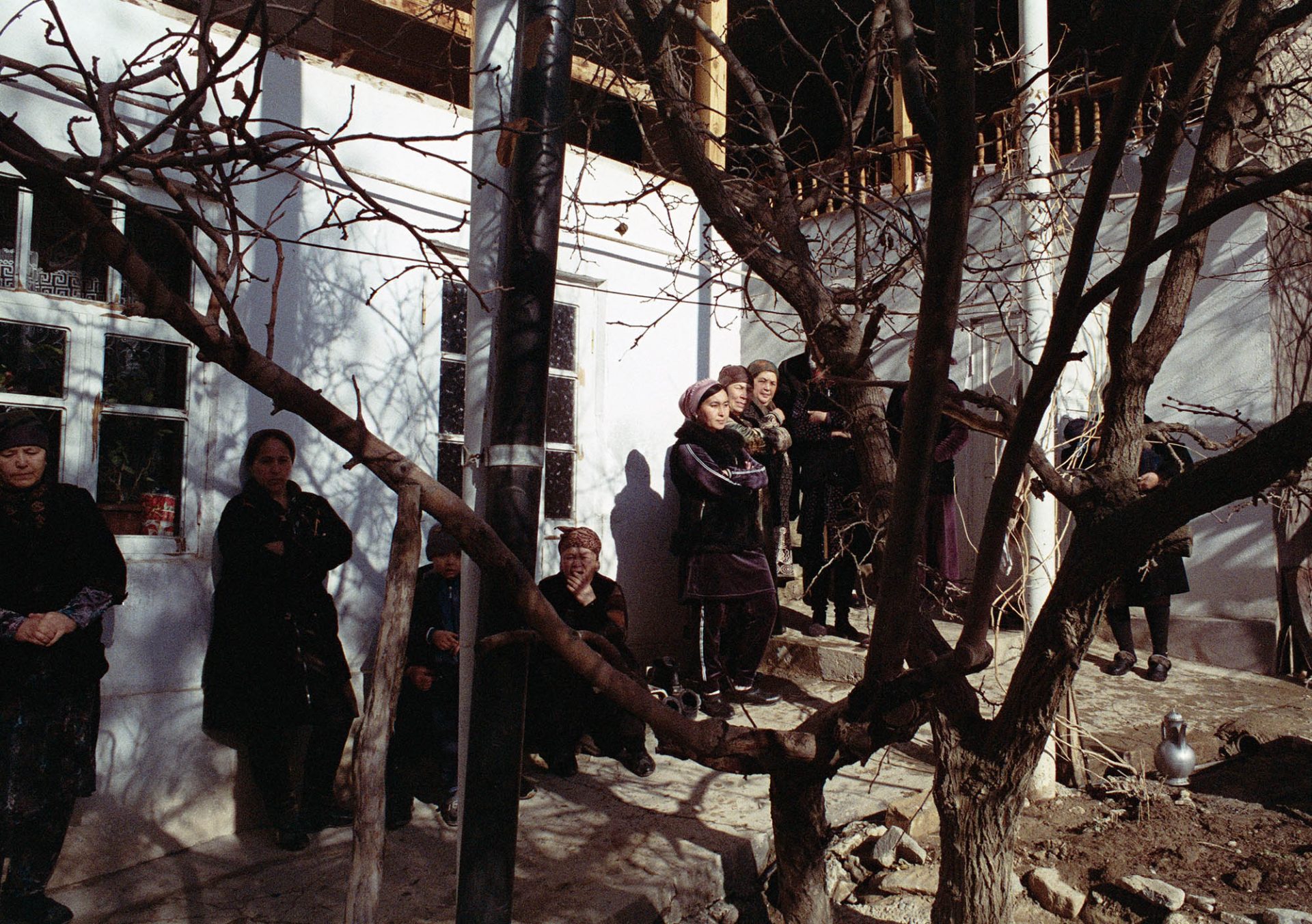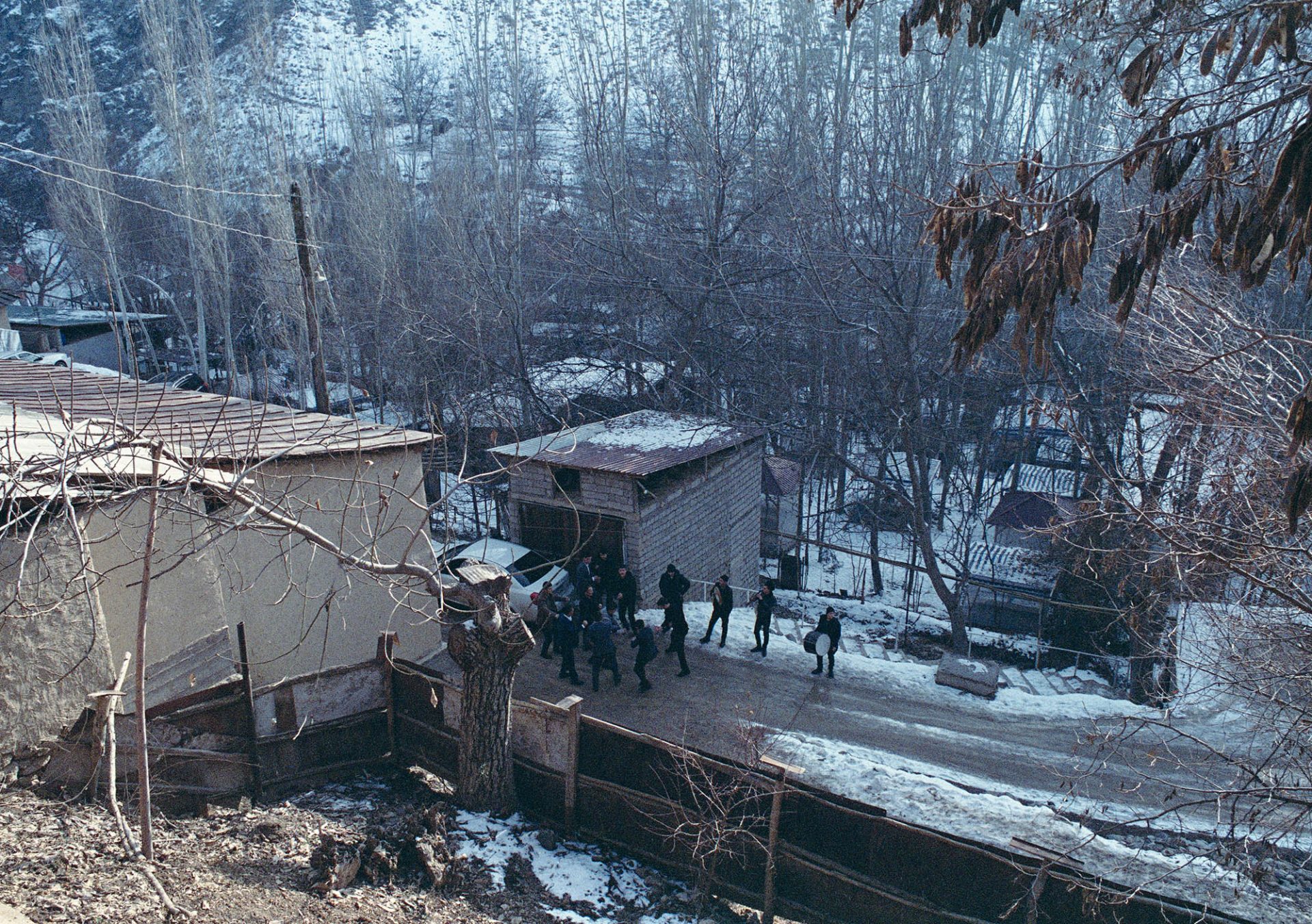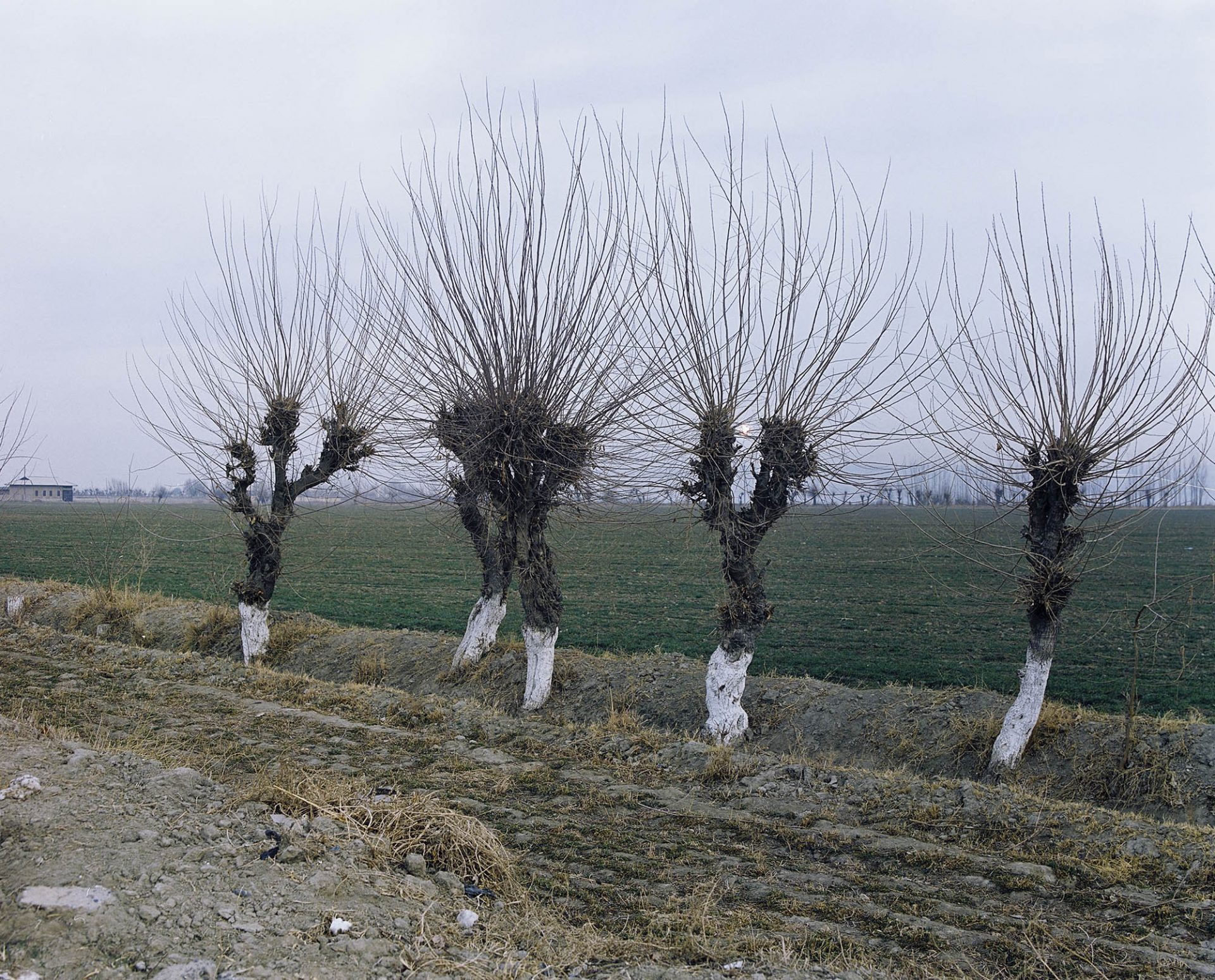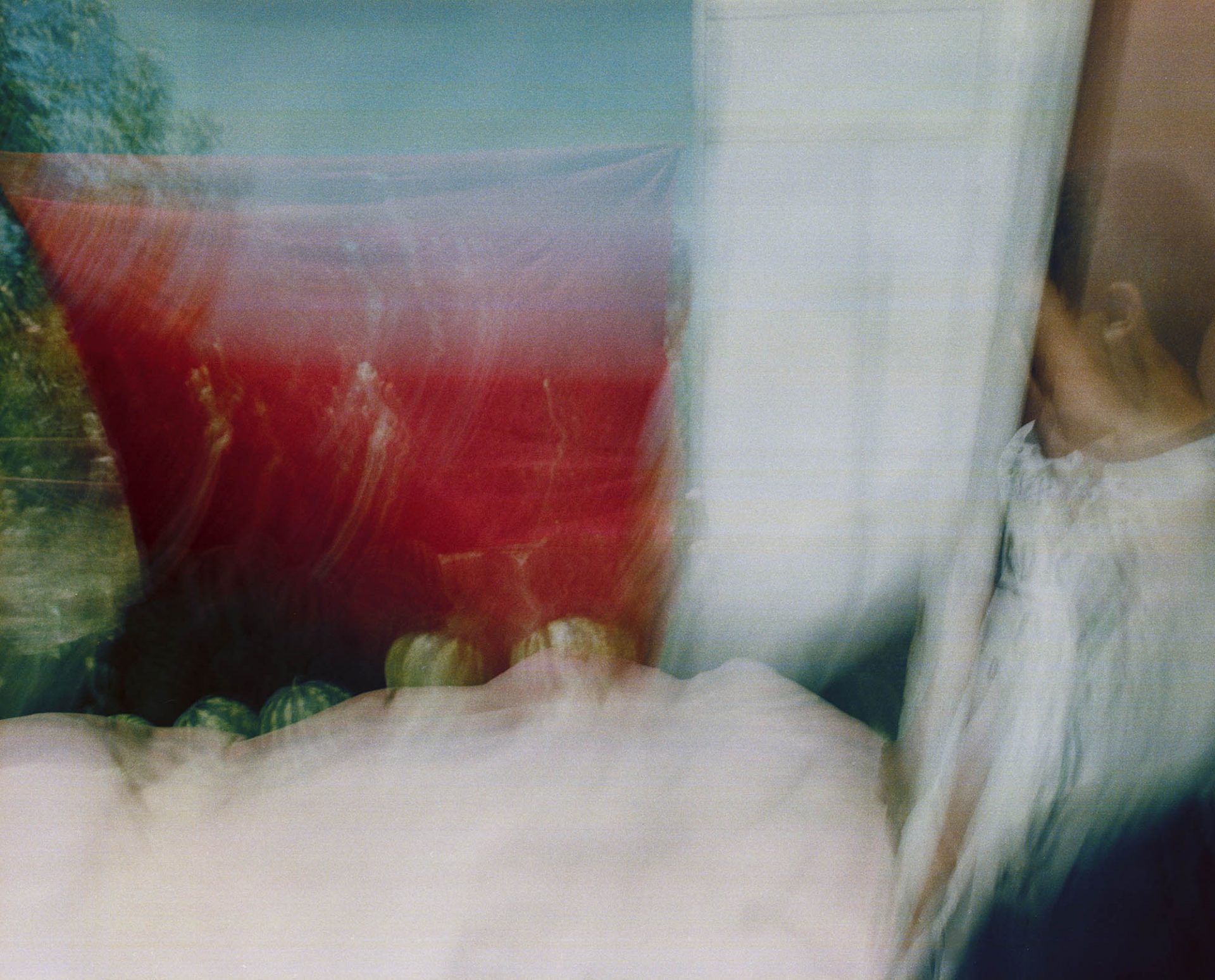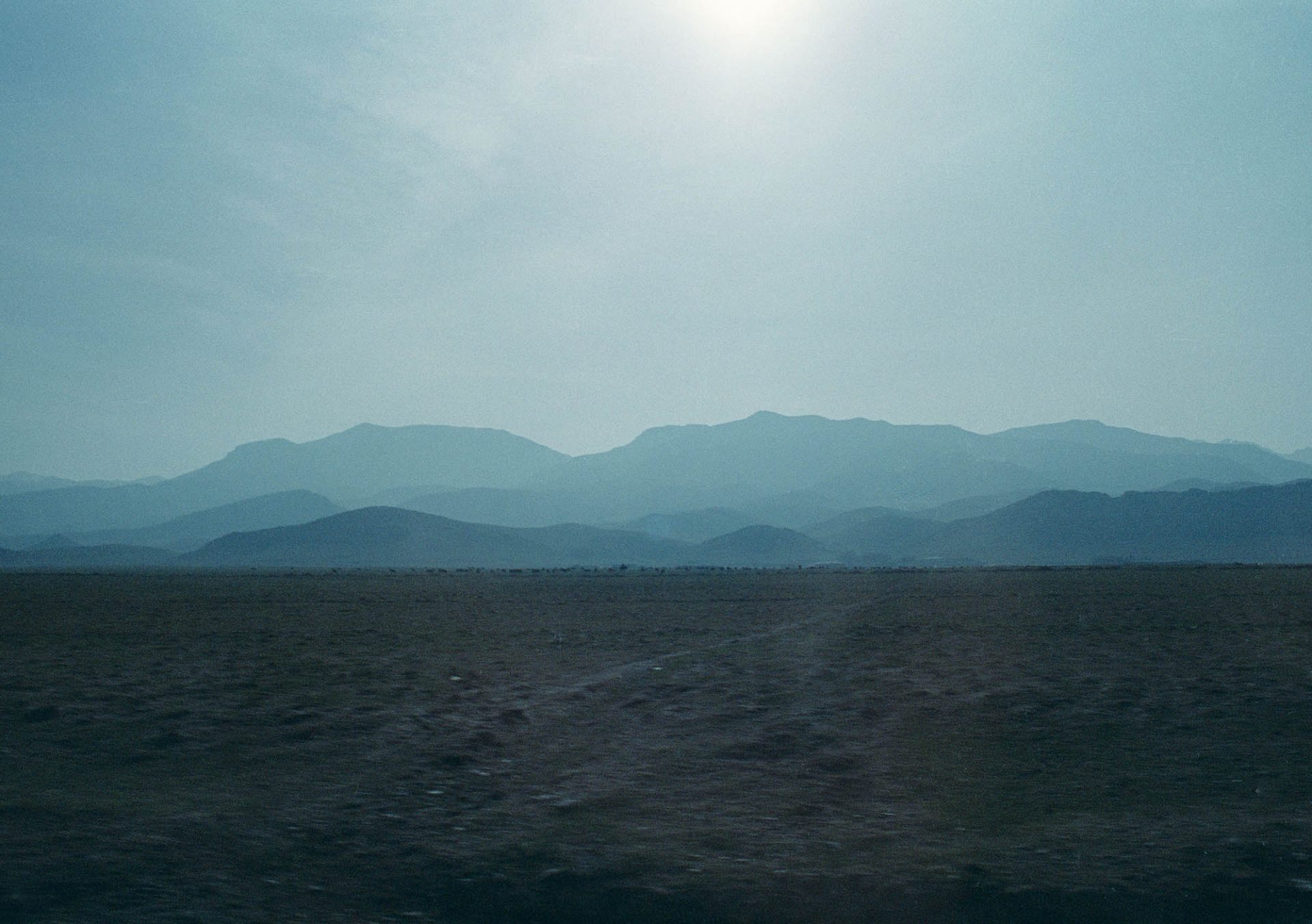Laureate Bourse du Talent 2024 : Hassan Kurbanbaev
Untitled (Portrait of Uzbekistan) 2018 - 2021
Scrolling is automatic, but you can use the arrows to navigate between images. Click on the image to switch to full-screen mode.
“My genuine journey into photography began with fundamental questions about Uzbekistan’s visual heritage. These questions continue to shape my perspective, leading me down a path where each inquiry begets another. In the context of postcolonial practices, photographing the “other” often implies that the person behind the camera is an outsider—an observer with specific tasks and privileges over the subject. The camera becomes an aggressive tool, capturing moments that will eventually be shared with others back home.
Central Asia’s photographic archives, like those of many countries with colonial histories, were initially shaped by European travelers and the military elite of the Russian Empire. Albums, postcards, and photographs documented life here, (such as the Turkestan Album* or color photographs of Prokudin- Gorsky**).”
“This is how they perceived us; this is how they photographed us; this is how they intended us to be seen.”
“Decades later, in the Soviet era, and Uzbekistan—along with all of Central Asia—was visualized through a lens of strict censorship. Photography became a more mobile, sometimes dangerous, and even predatory medium. These archives (labeled as “Exotic Orient” or “East Liberated”)— holding undeniable value but also my own concerns about heritage ownership. Did these archives truly belong to us? As an independent country since the 1990s, Uzbek photography had the potential for the development, yet it remained constrained by a regime that stifled reevaluation and renewal. As I delve deeper into our photographic essence, I grapple with my own limitations.
How do I perceive us? How do I capture our essence through the lens? And how do I want us to be seen?”
“This series of photographs reflects my observations about Uzbekistan. My intuitive approach—part travelogue, part personal reflection—raises questions about our current visual representation. I explore the meaning of our photographic legacy, the relationship between power, the author, and photography, and the contemporary landscape. Stepping into the shoes of that same foreigner or study the works of Xudoybergan Devonov*** (considered the first Uzbek photographer and cinematographer), engaging with contemporary photographers; I’m immersing myself in a more intricate and perplexing web of personal connections with photography.”
“As I delve into the essence of our photography, I find myself grappling with profound questions. Do I feel a connection with previous generations? Do I stand firmly on my native soil? And amidst the fog of ignorance, could there be an Uzbek myth waiting for me to unravel?”
“Within the constructed hierarchy of modern Uzbekistan’s values, where post-colonial and post-Soviet discussions remain scarce and photography is still traumatized, my work serves as a mirror for selfreflection. It prompts me to consider my identity and my place within photography.”
* Turkestan Album (1871 -1872) – a six-volume album of 1,200 photographs, created by order of the first Governor-General of Turkestan, Konstantin von Kaufmann, the album demonstrated the possessions of the Russian Empire in Central Asia.
** Sergei Prokudin-Gorsky (1863–1944) – Russian scientist, pioneer of color photography, author of photographs of Russian Turkestan created by the order of Tsar Nicholai II.
*** Xudoybergan Devonov (1879 – 1938) – considered as first Uzbek photographer and cinematographer. Was shot during Stalin’s repressions in 1938.
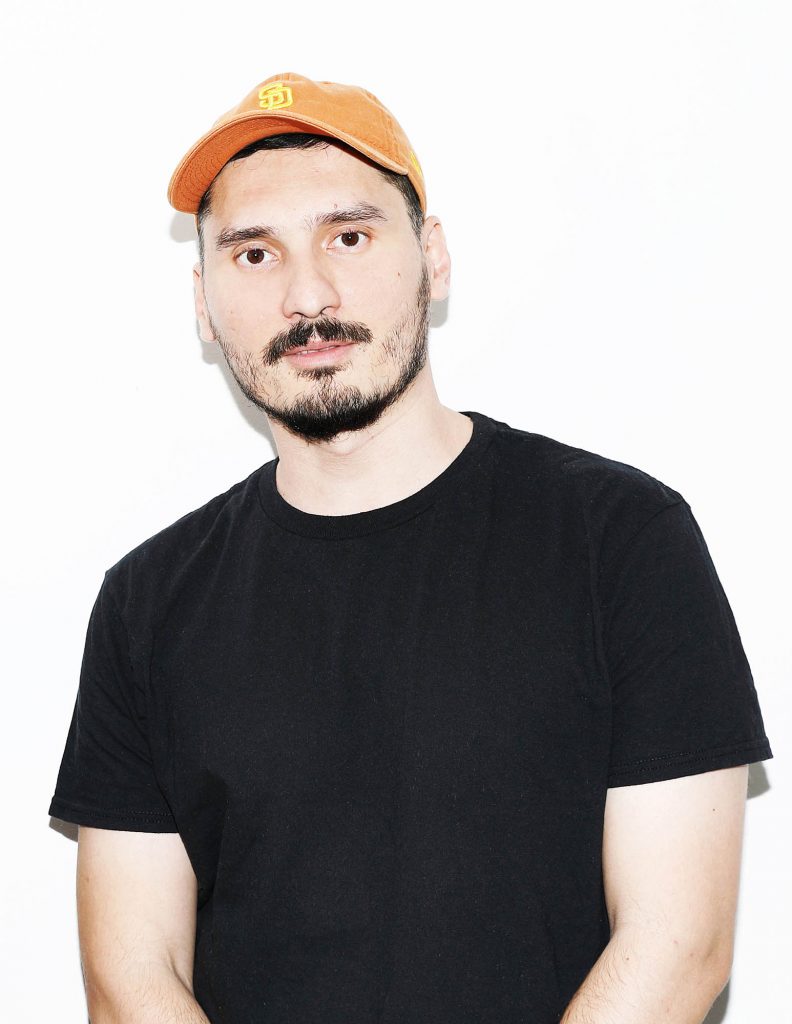
Hassan Kurbanbaev (born in1982, Tashkent) is independent photographer who lives and works in Tashkent, Uzbekistan.
Since 2016, large-scale political changes have been taking place in Uzbekistan, including the partial lifting of censorship by the authorities, easing control over the media, and improving working conditions for independent artists. For Hassan, this becomes an impulse to rethink his work and focus on the analysis of the country through the creation of personal series. Keeping in mind the state slogan – «Uzbekistan is a country with a great past and a great future», photographer is trying to understand what is in the middle. For several years, Hassan has travelled around Uzbekistan, shooting urban and rural landscapes, portraits of local communities, which he includes in the “Untitled (Portrait of Uzbekistan)” series. This choice of the title is not accidental – Uzbekistan, as a country, according to the photographer, «is little known from the outside, and for many it is a “blank», while, from the inside, its society is still closed and is within the limits controlled by the authorities”. In his practice, Hassan studies the questions of representation, the issues of cultural identity living in an abstract system of state ideology, seeks to express his own voice in the context of Central Asian contemporary art and acquaint an international audience with his country.
His work has been shown in various exhibitions, including in the Netherlands, Italy and the UK. In 2020, his first solo exhibition entitled “Homework” was presented in Tashkent at a new independent gallery, 139 Documentaire Centre. In 2023, Hassan Kurbanbaev and producer Misha Kuzhel founded the visual production and publishing studio Invisible Island in his neighborhood in southwest Tashkent. His monograph “One Head and Thousand Years” was released in 2024 by Art Paper Editions.
Site internet : https://hassankurbanbaev.studio/
